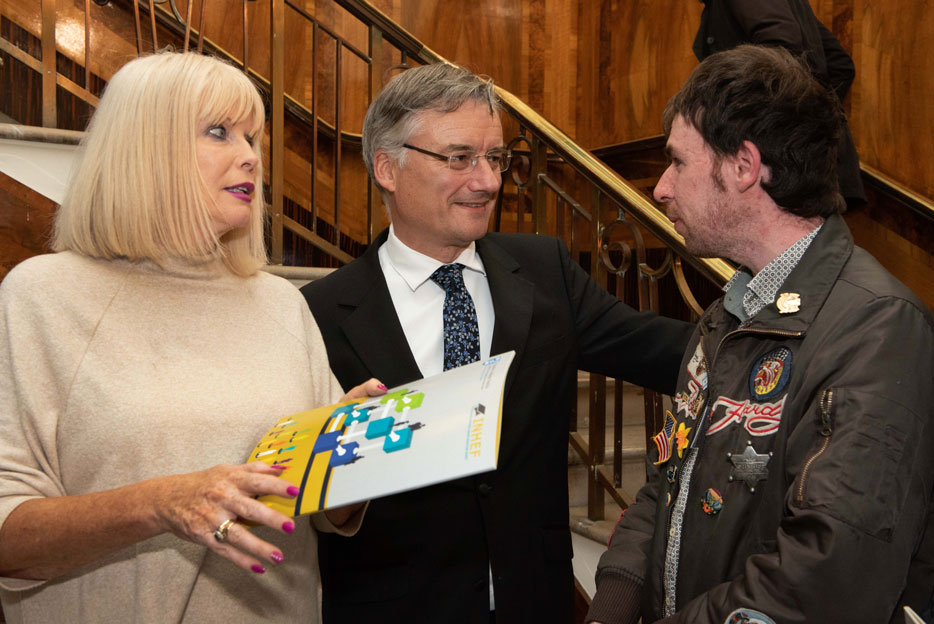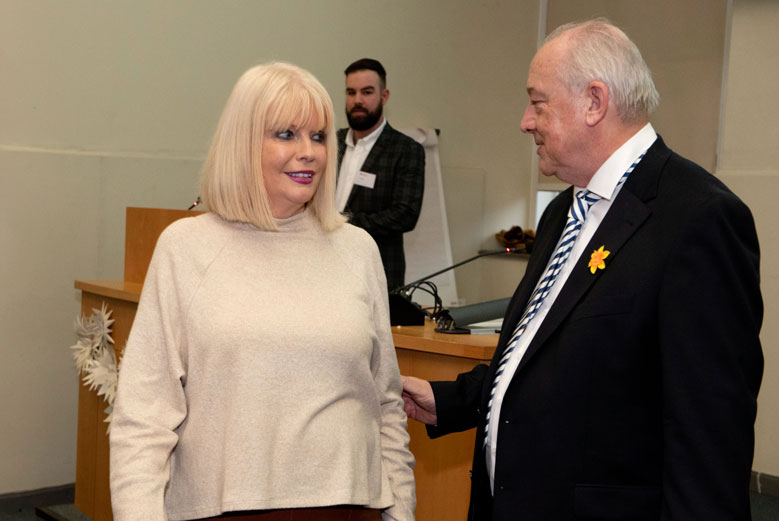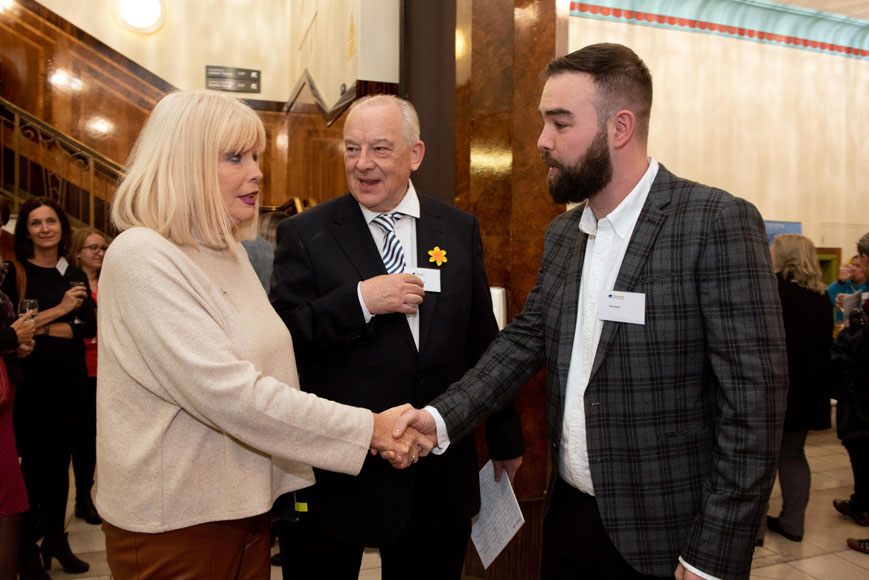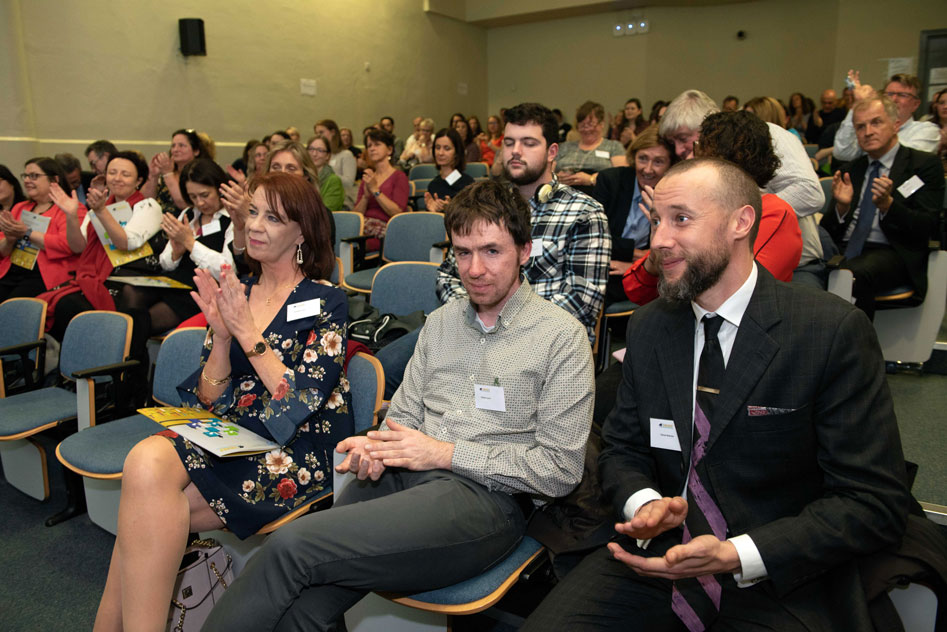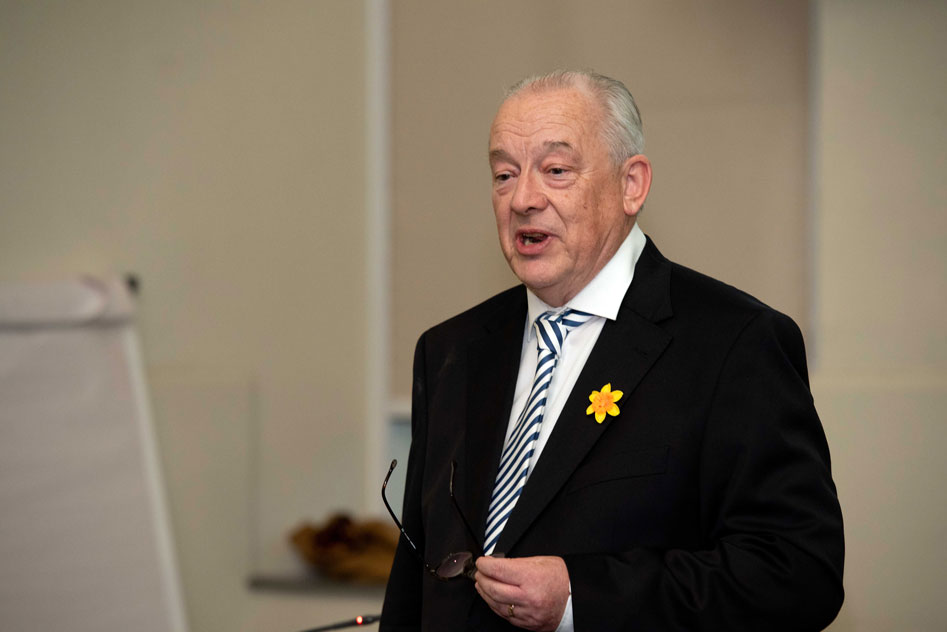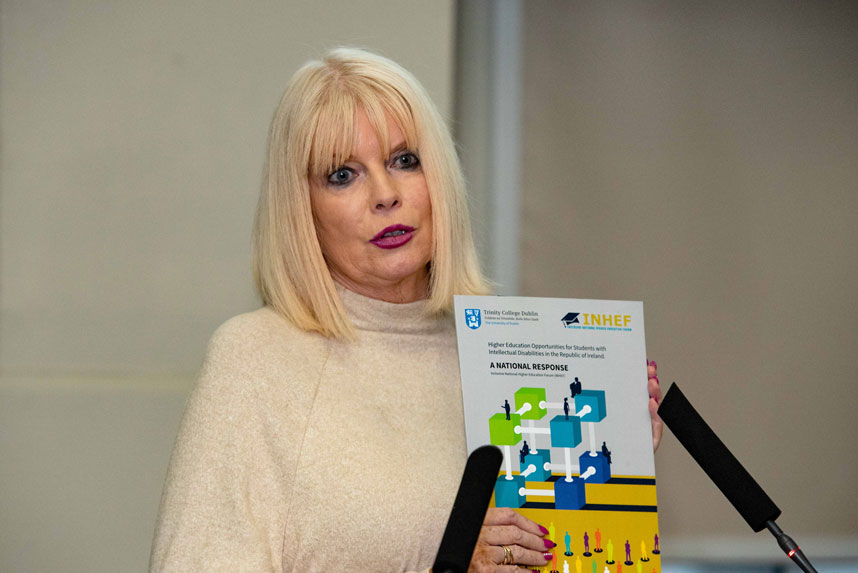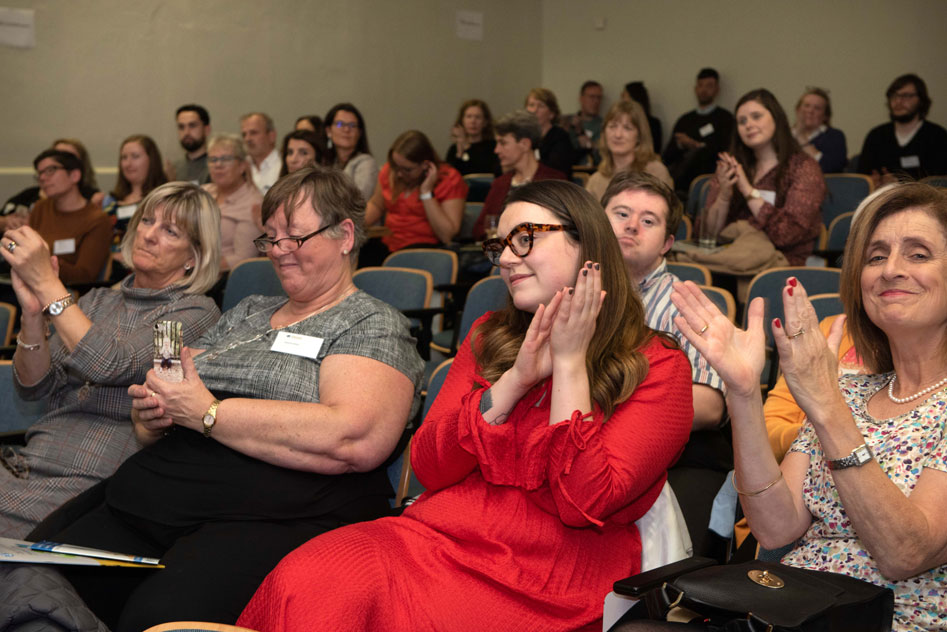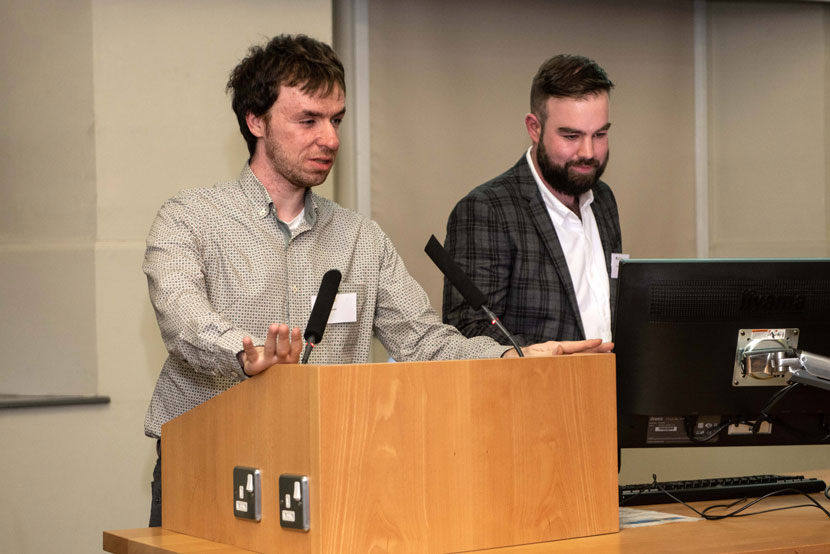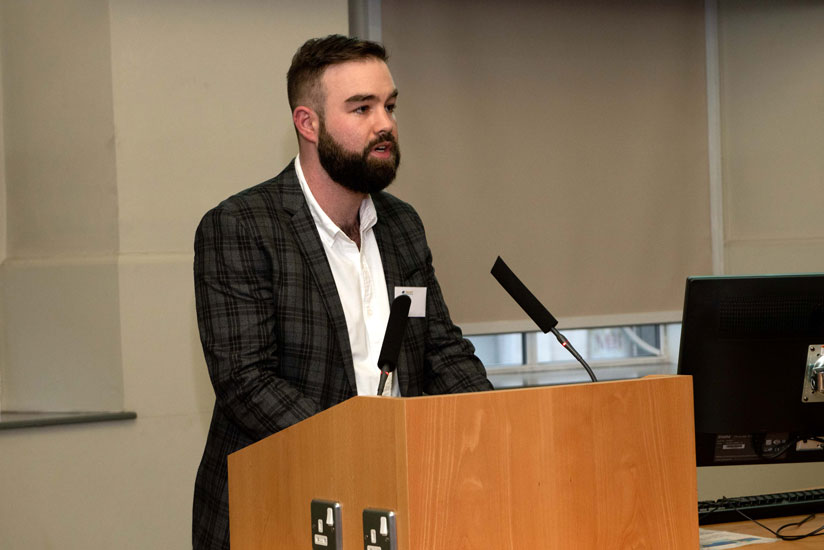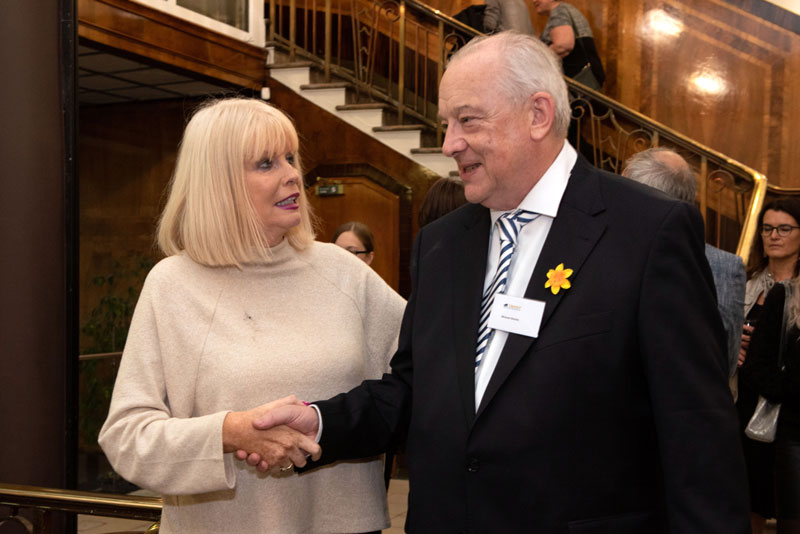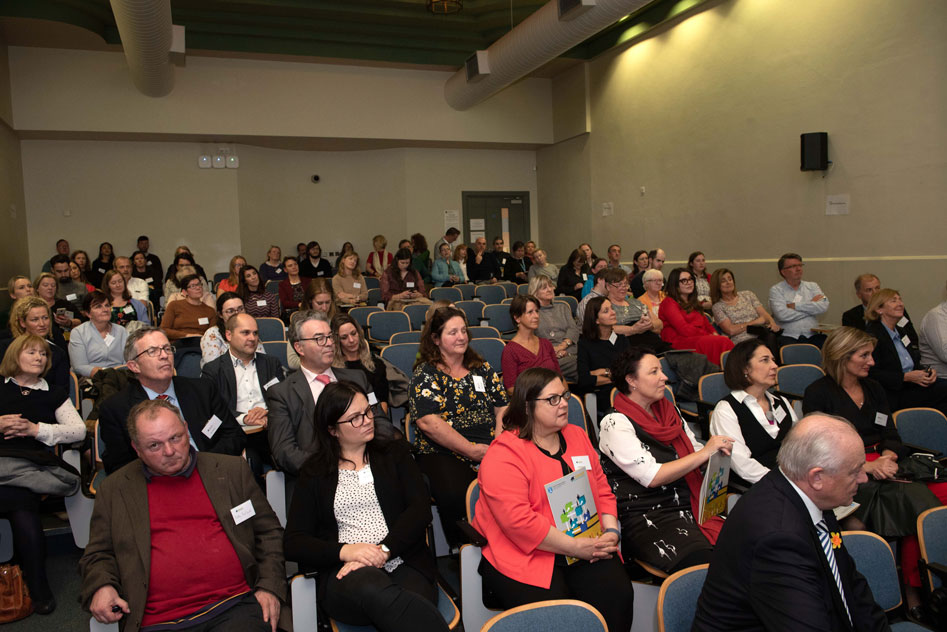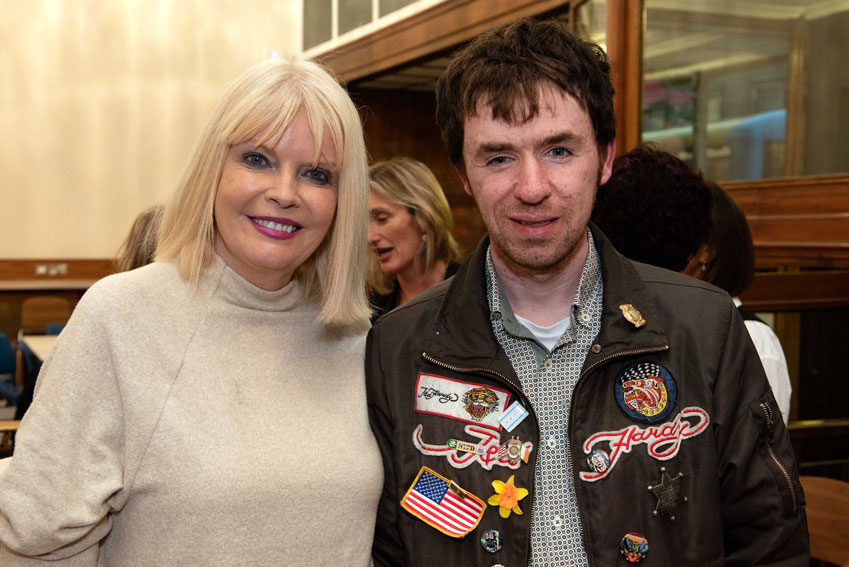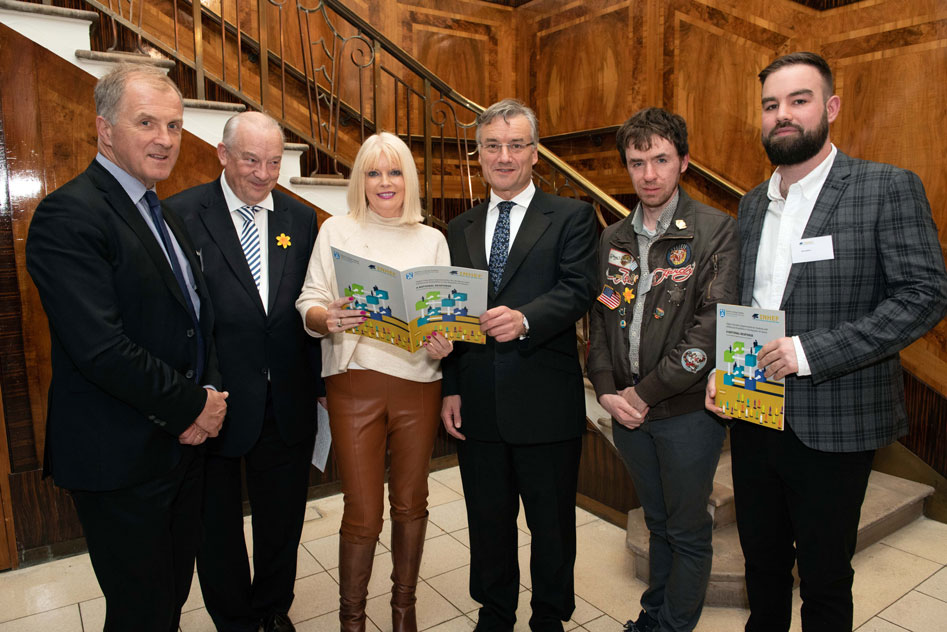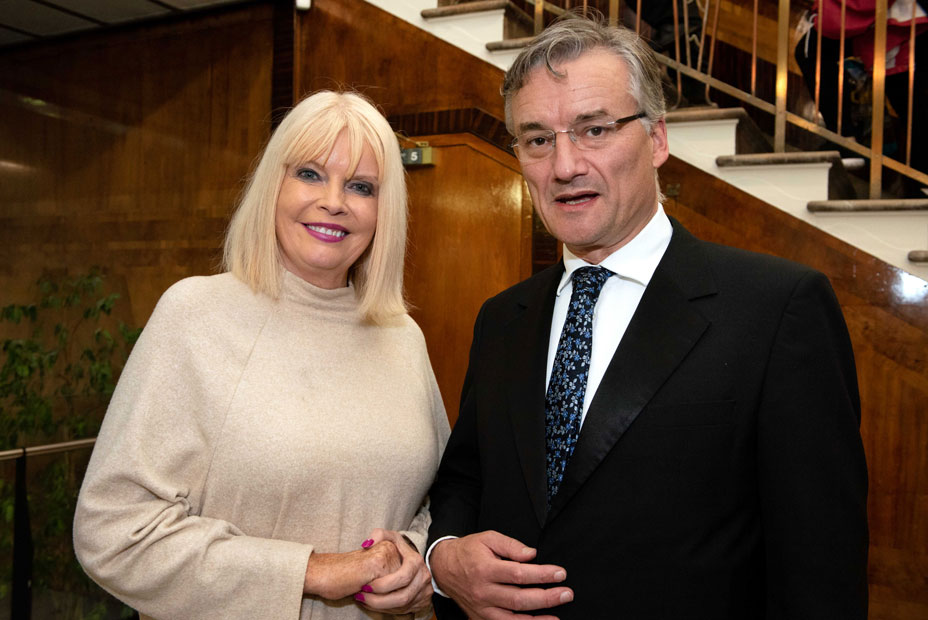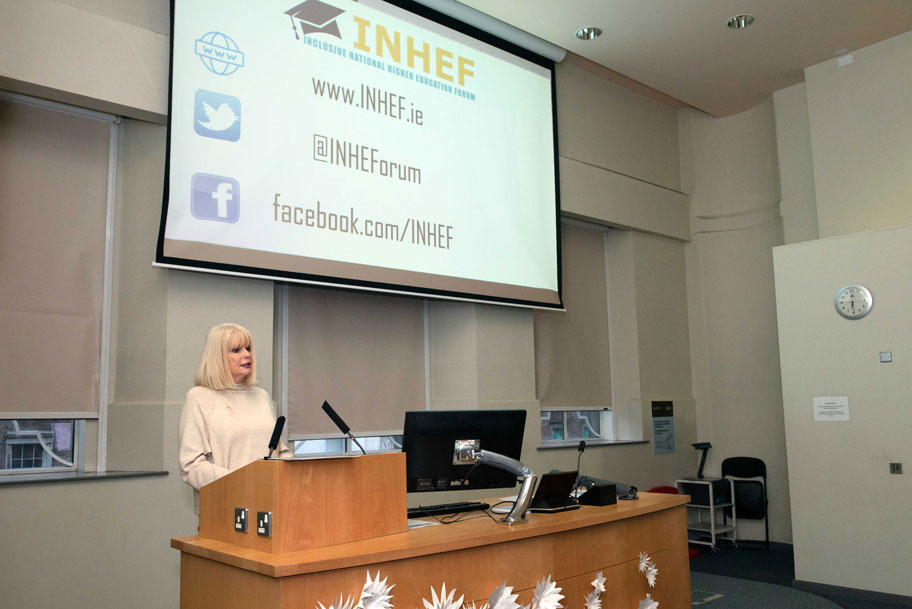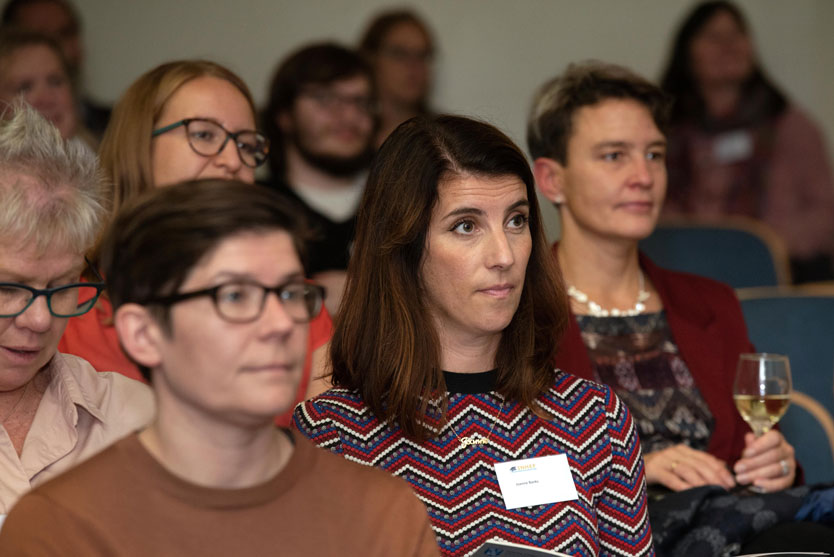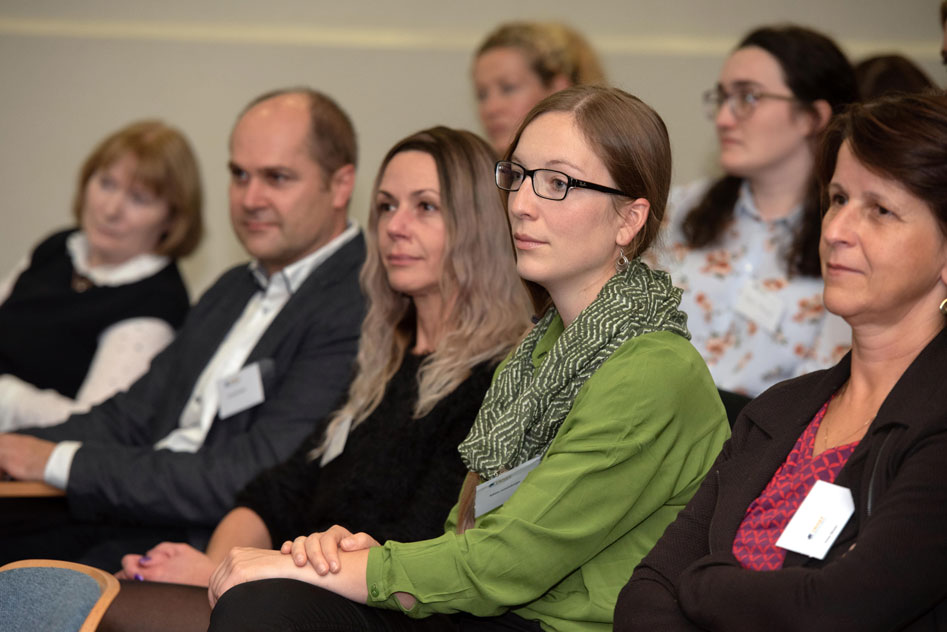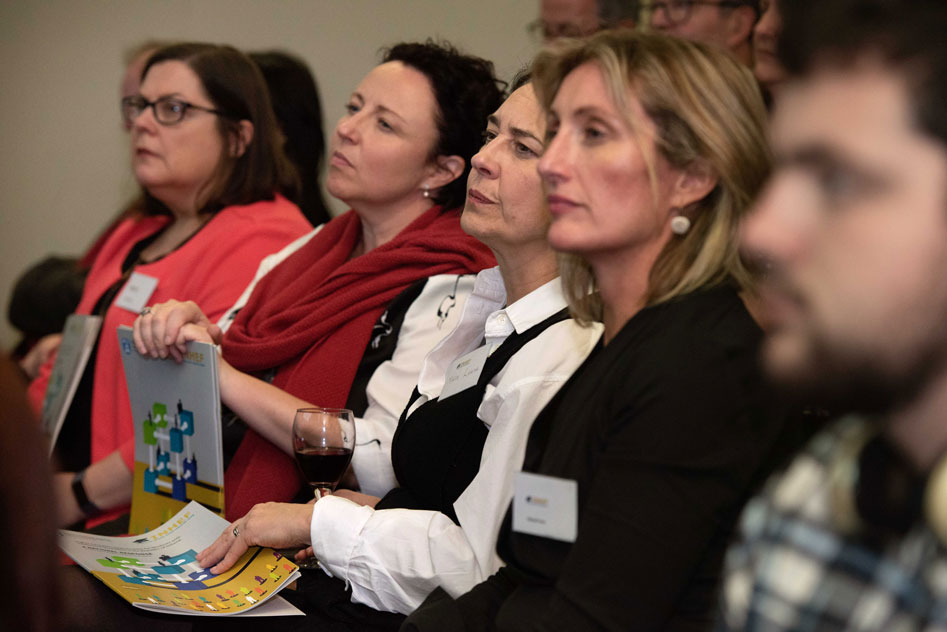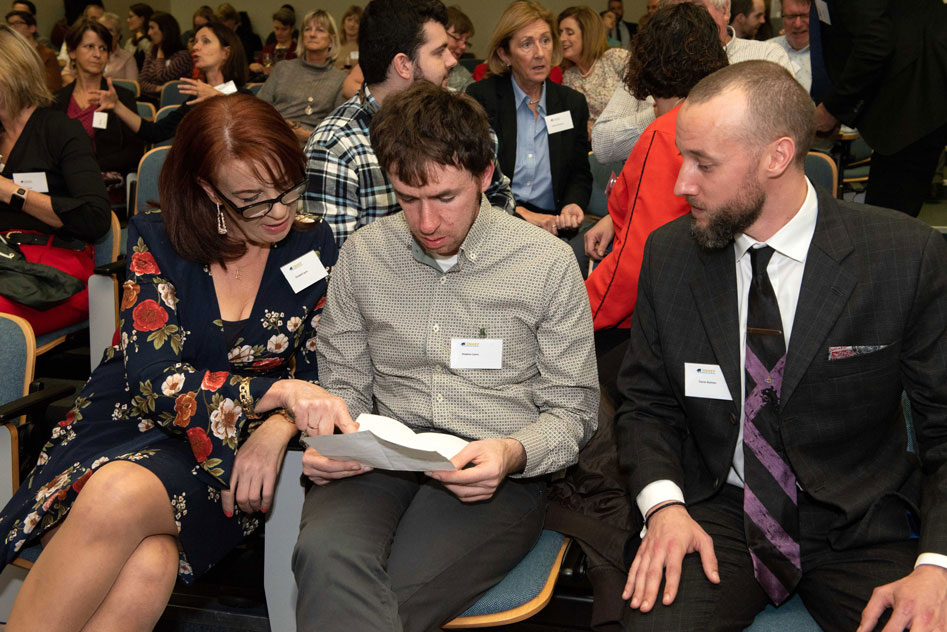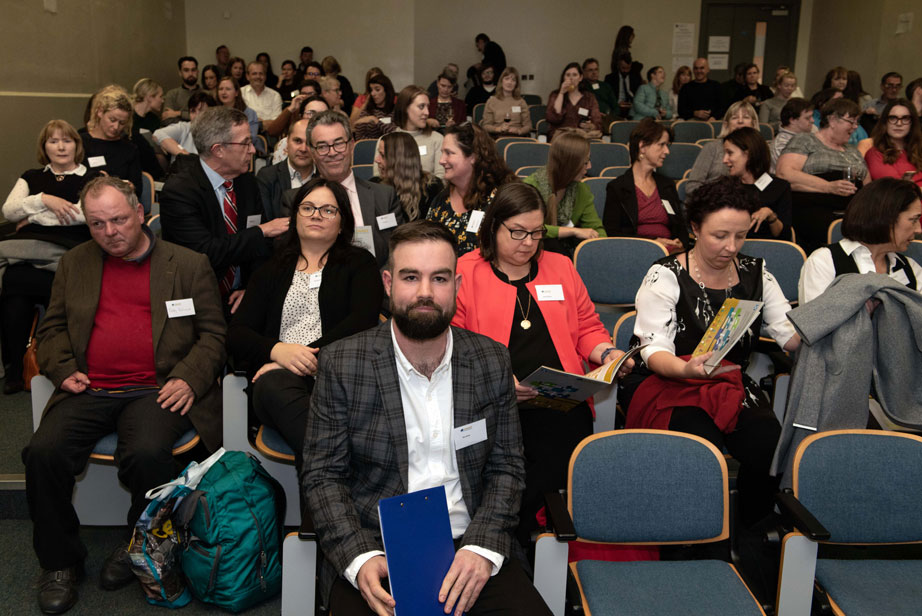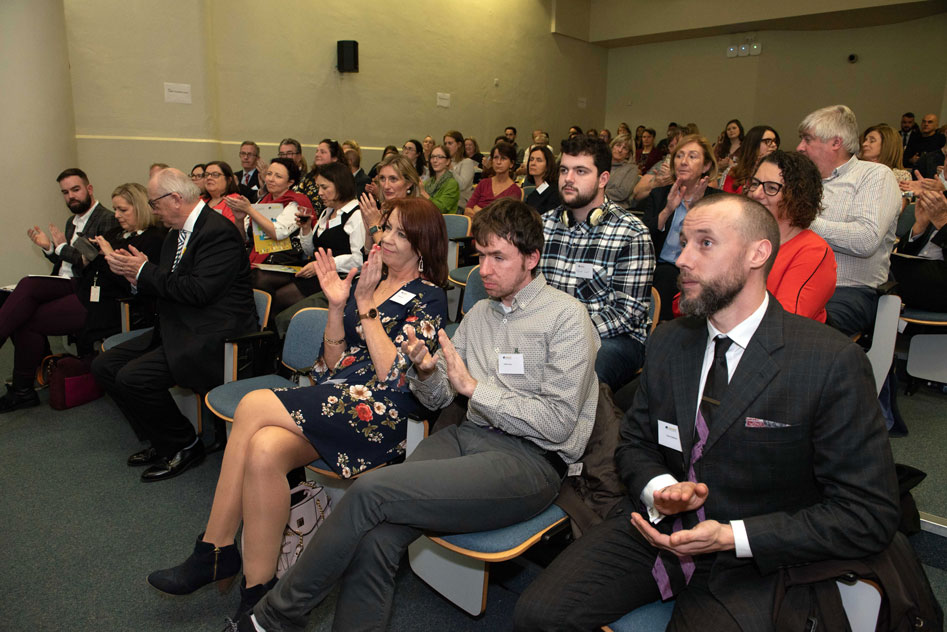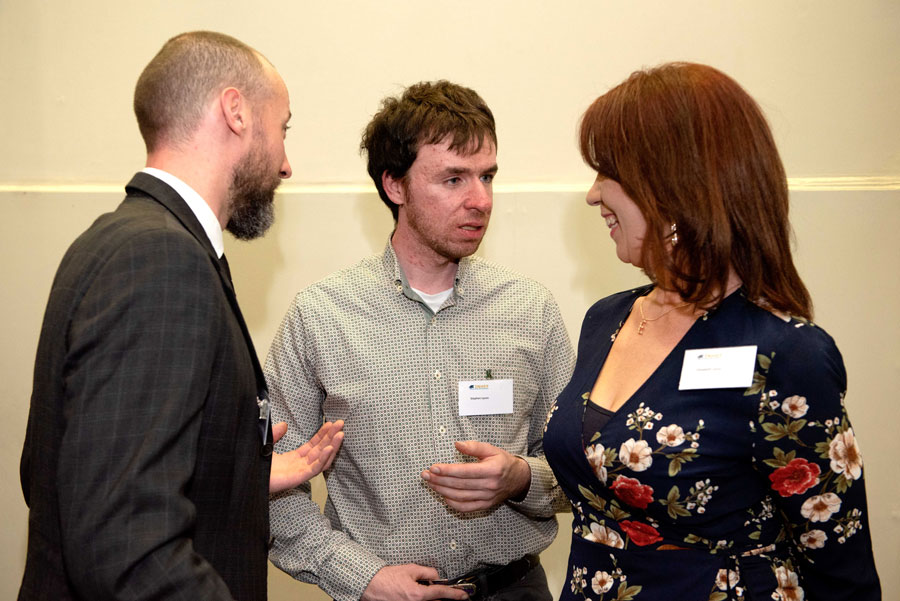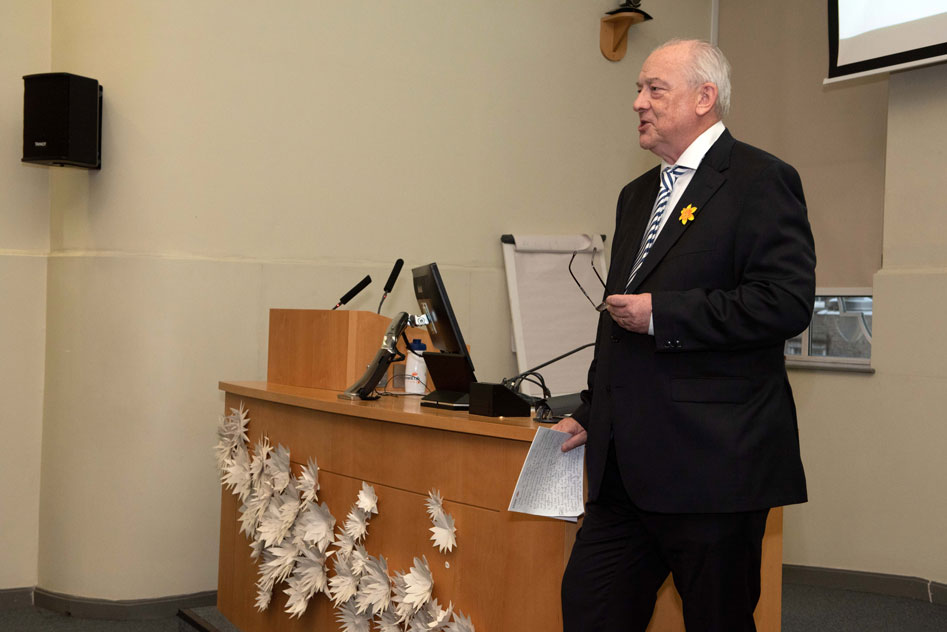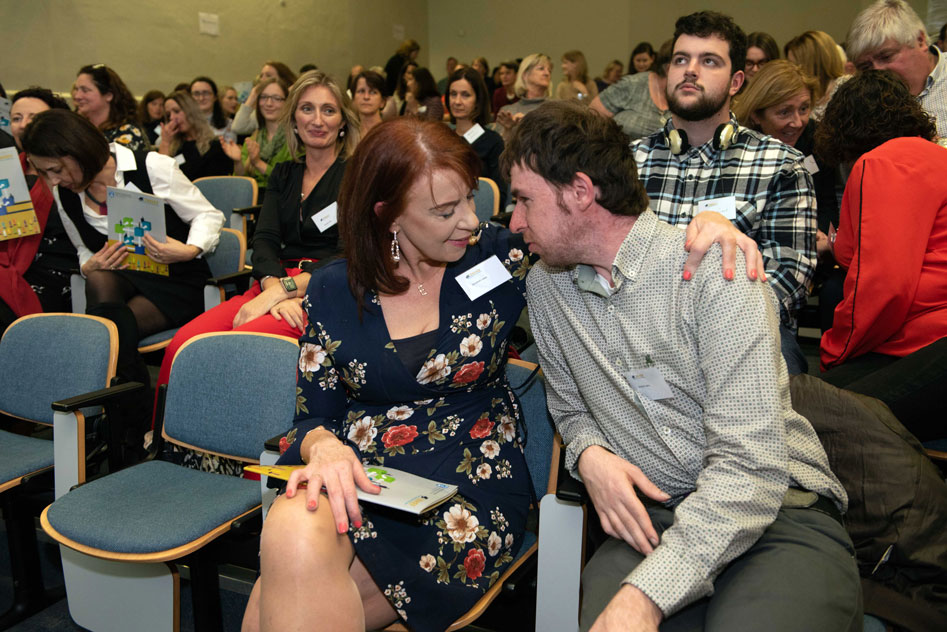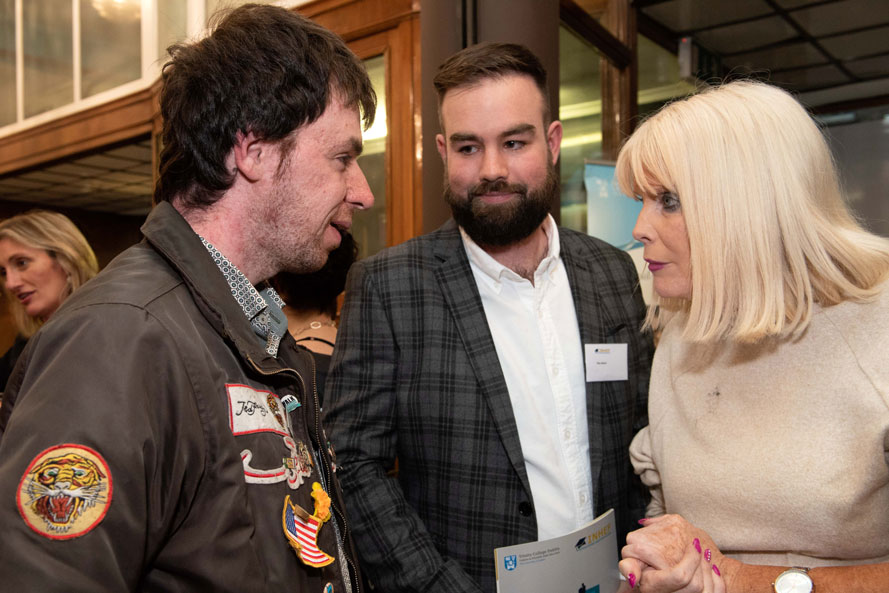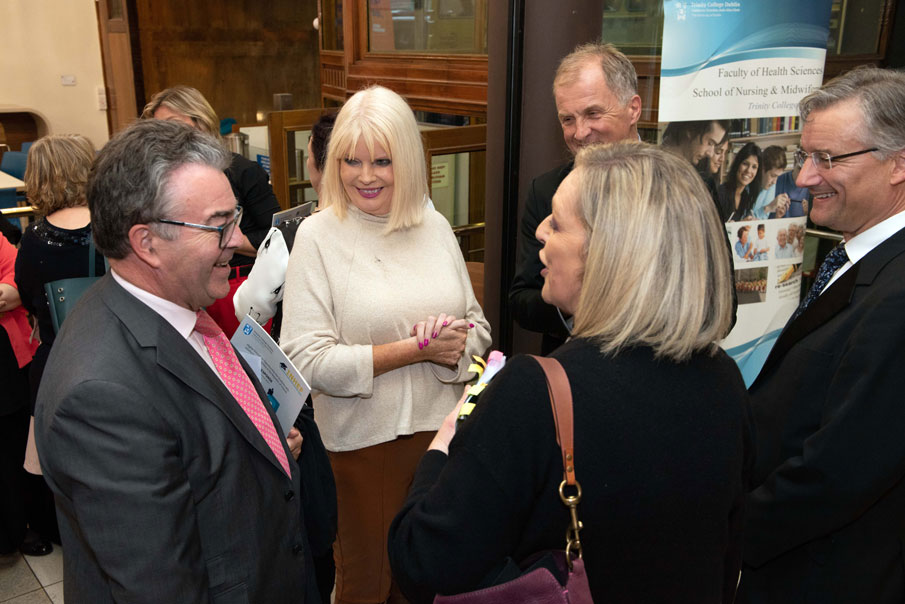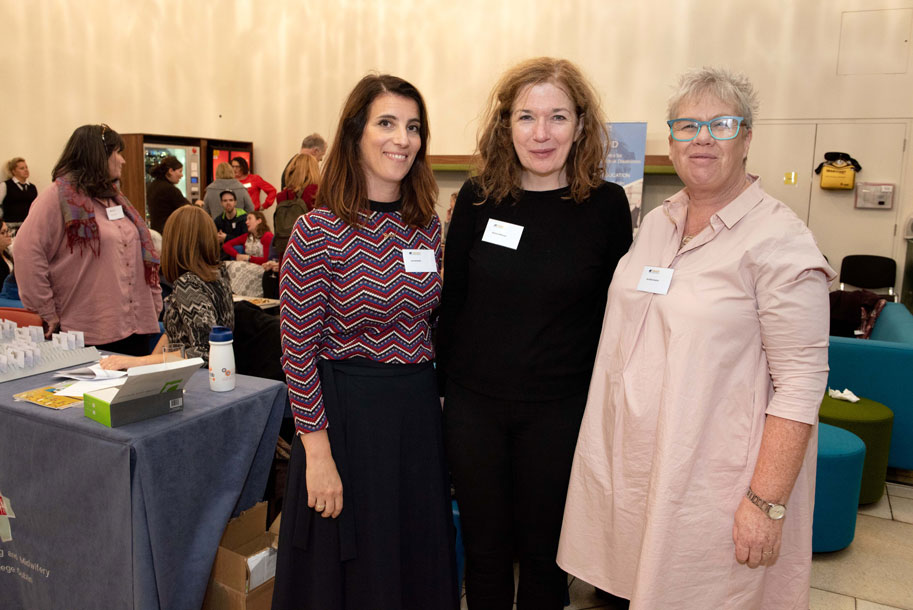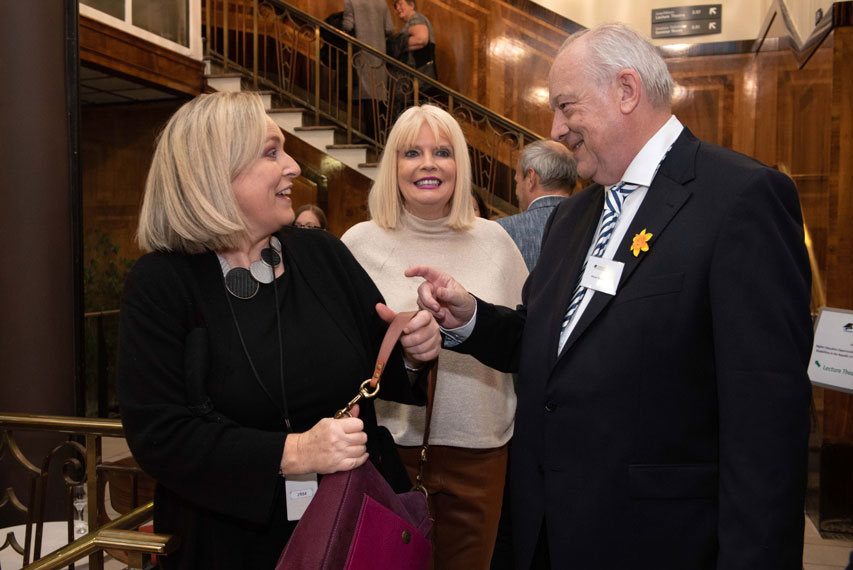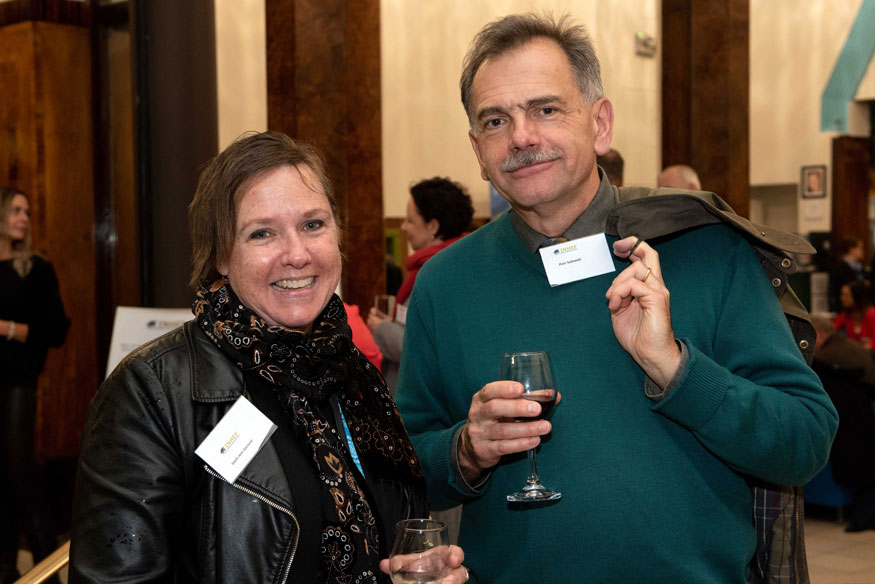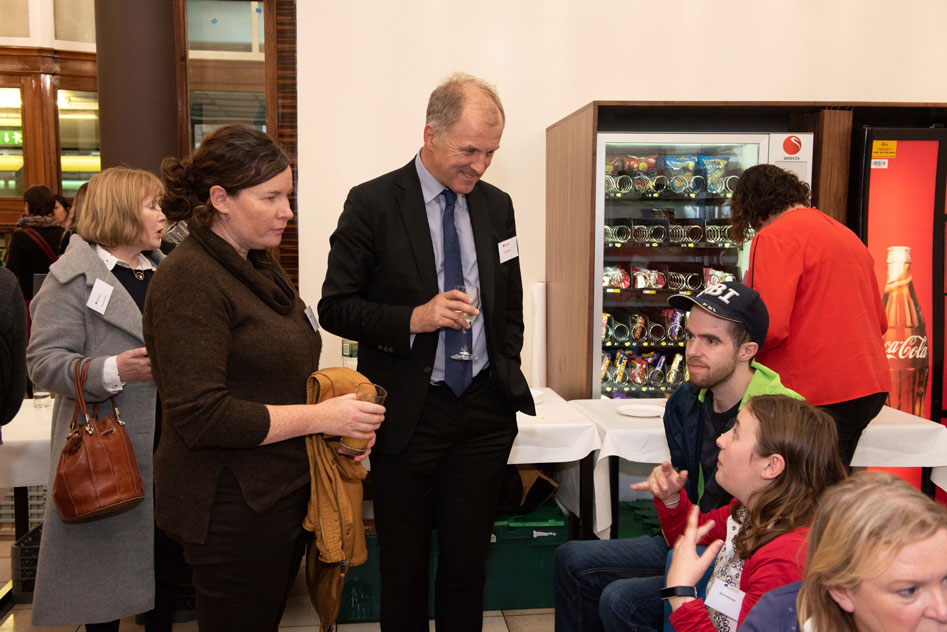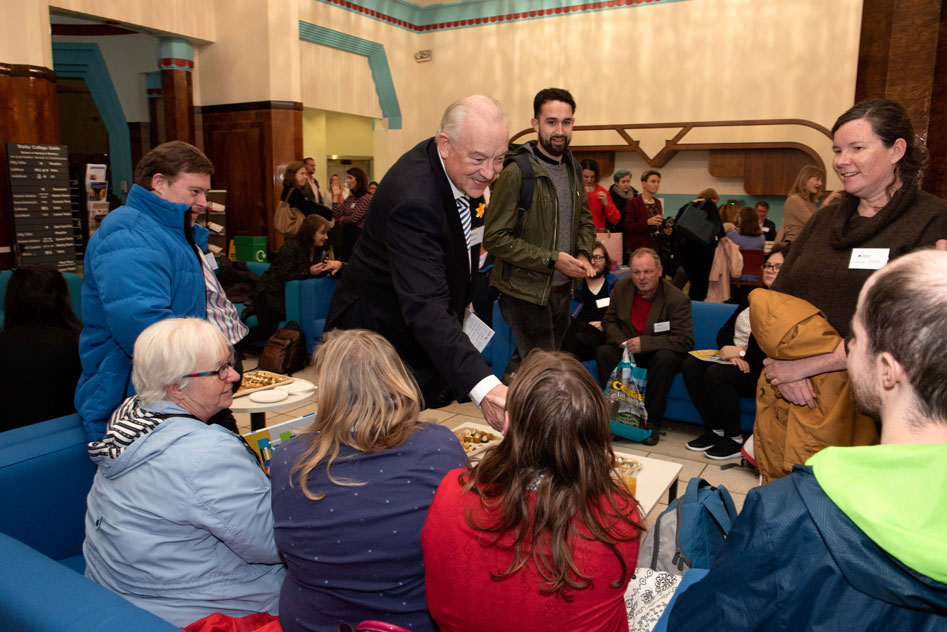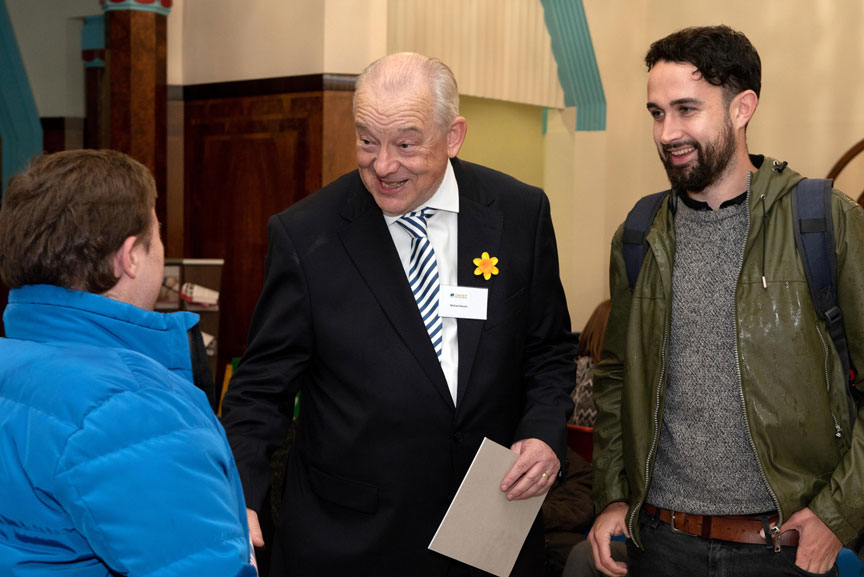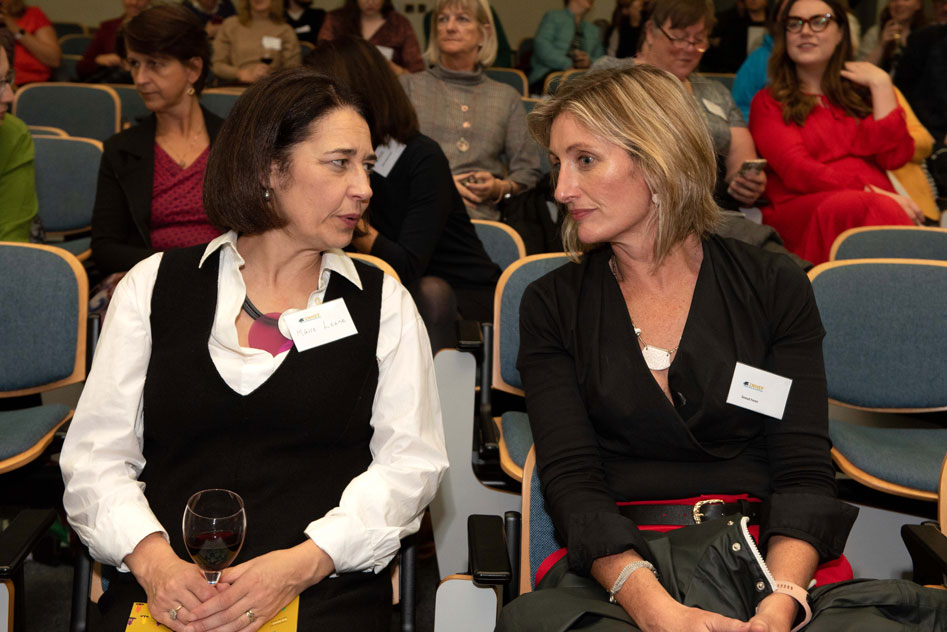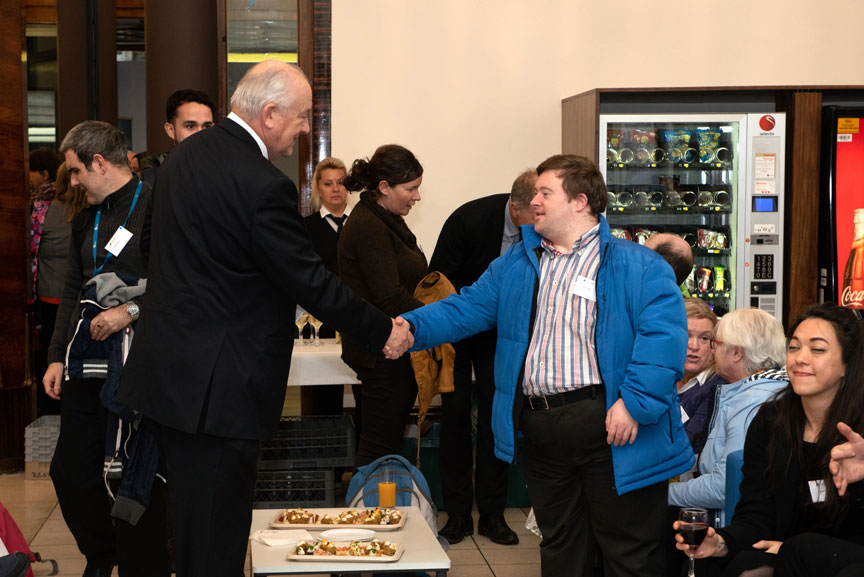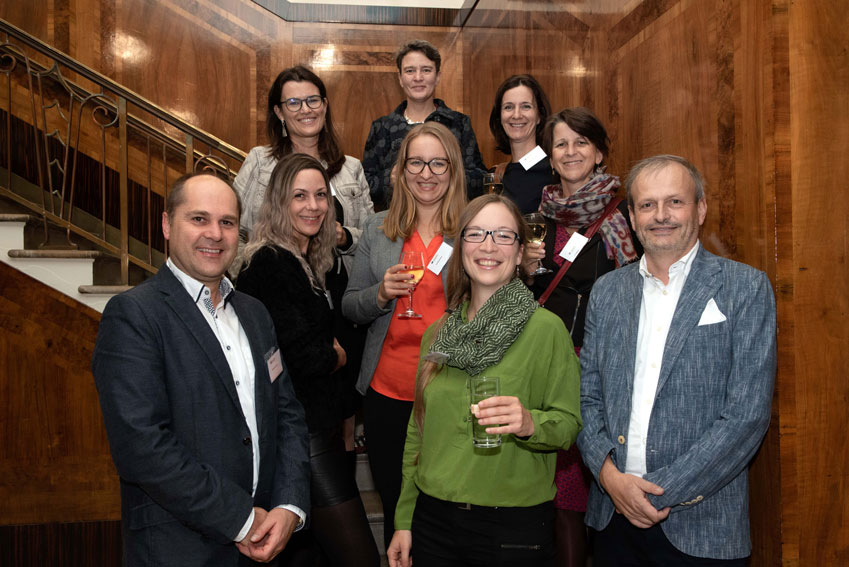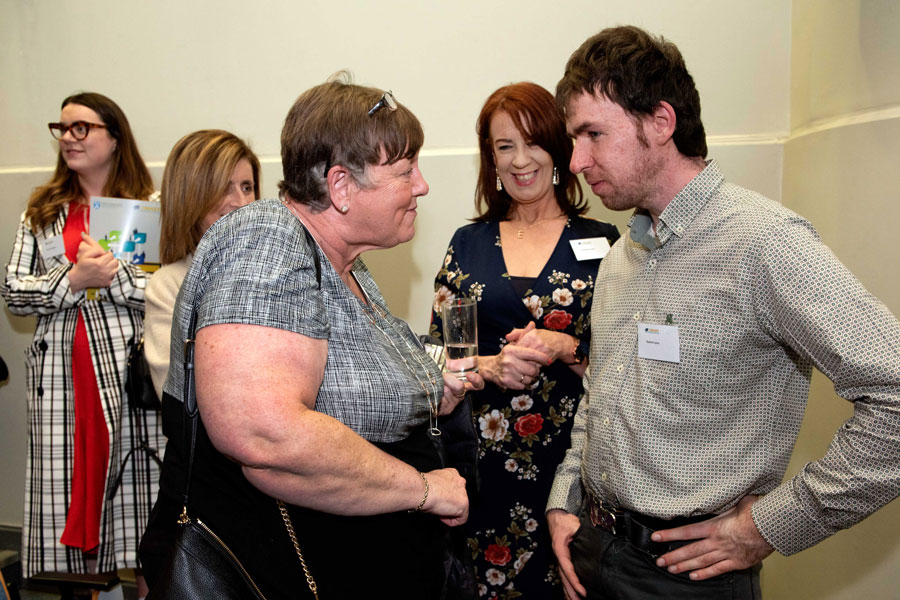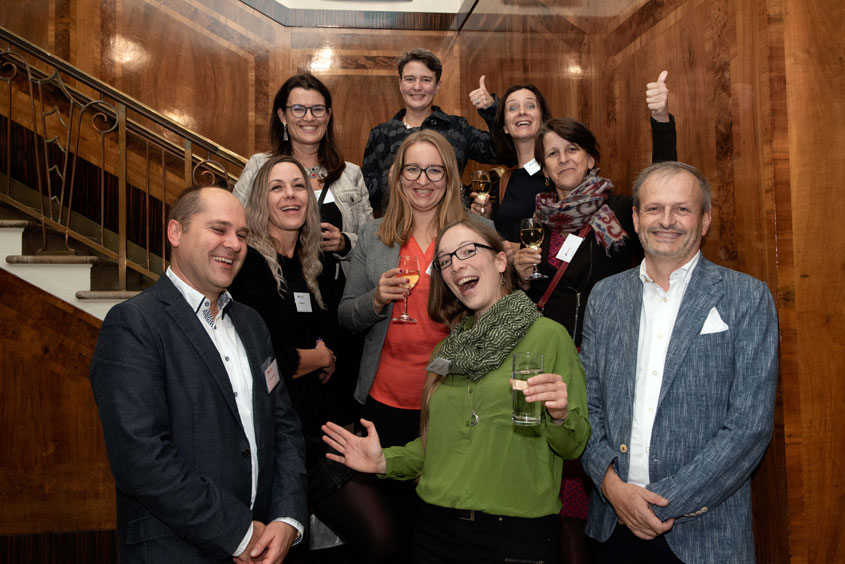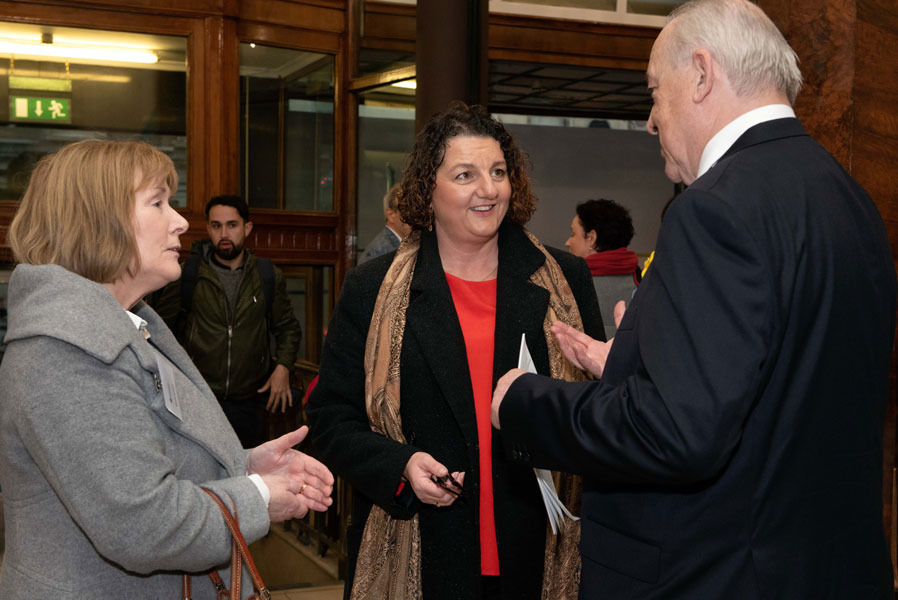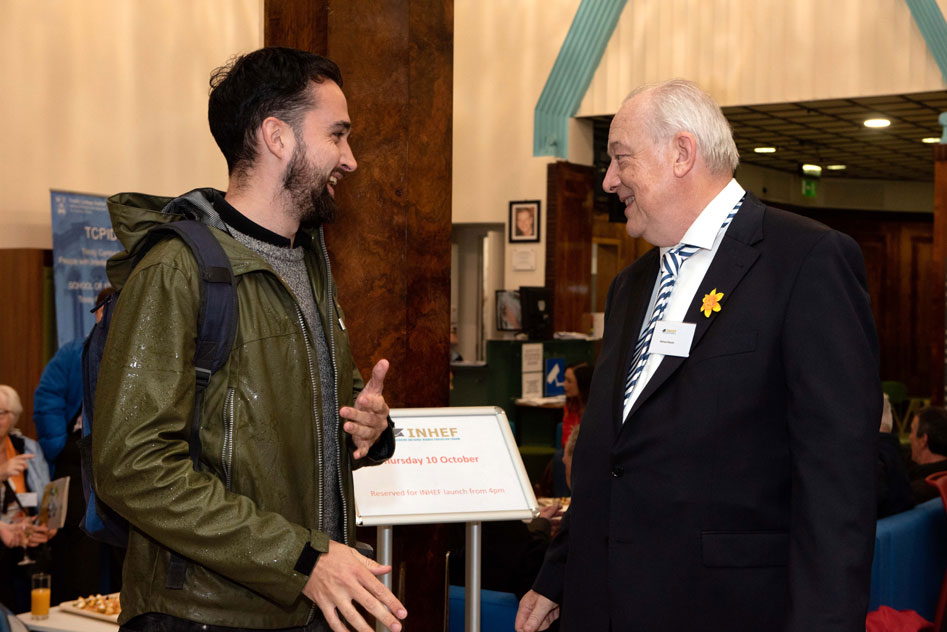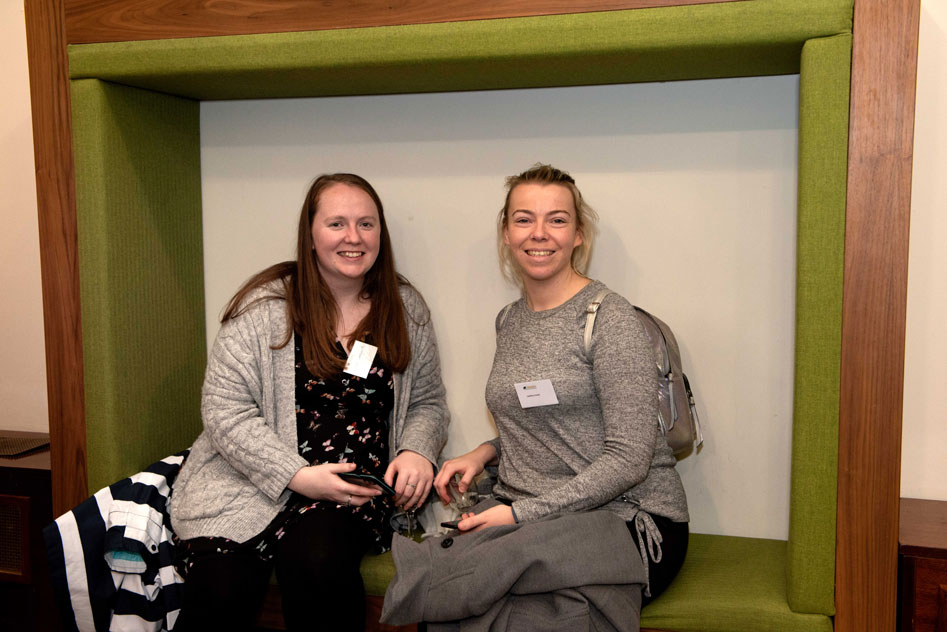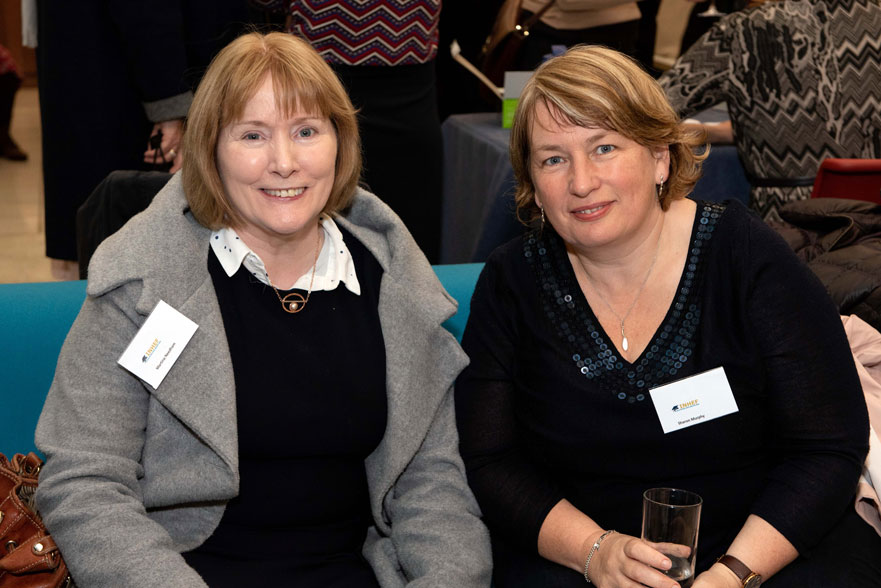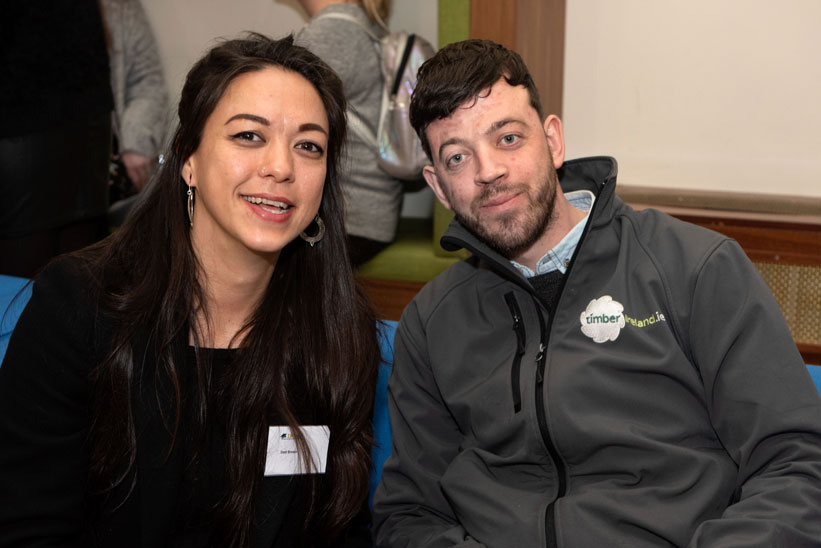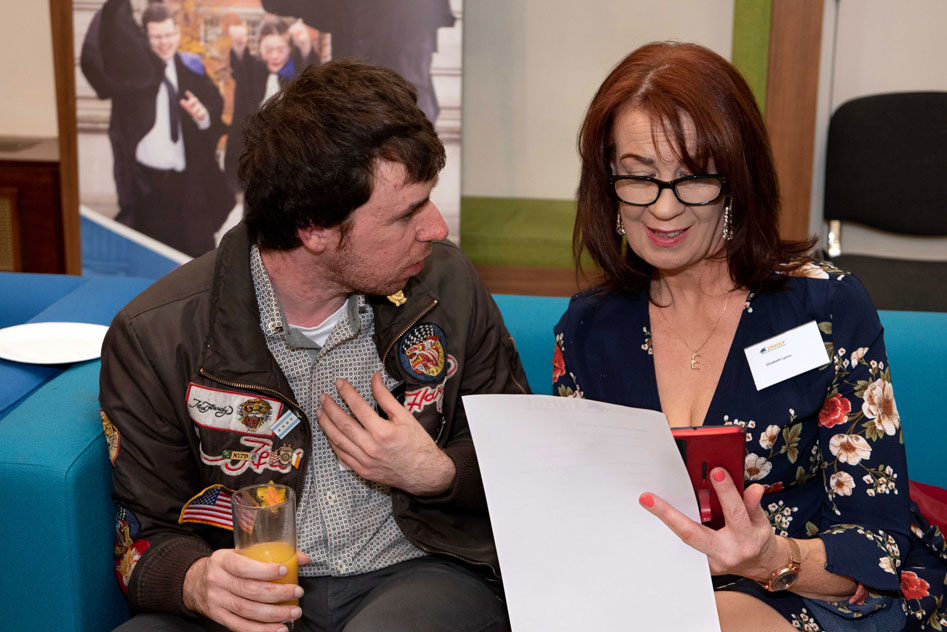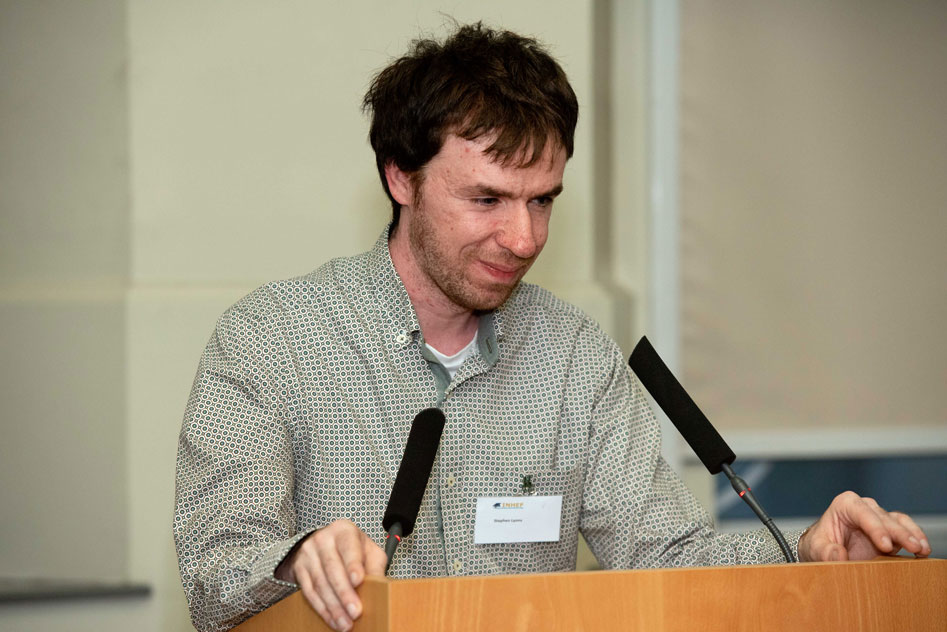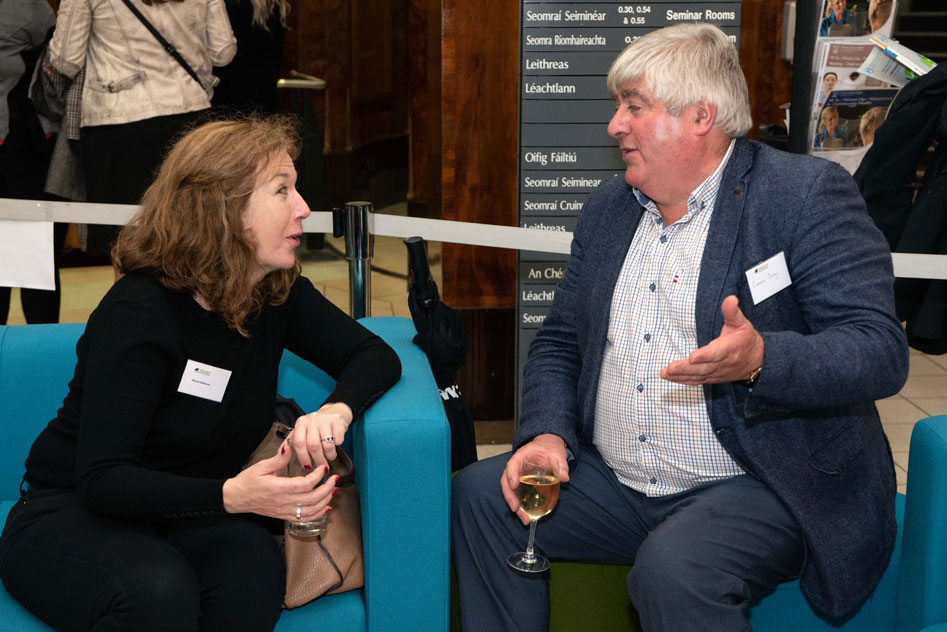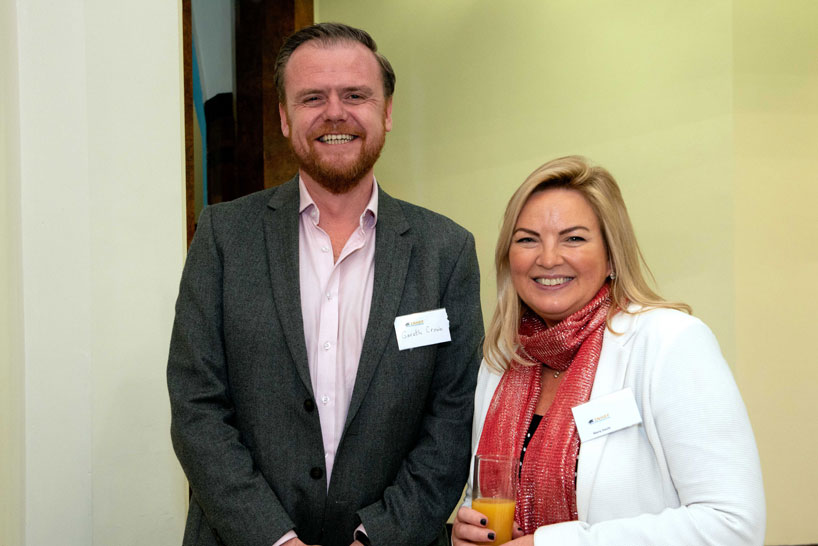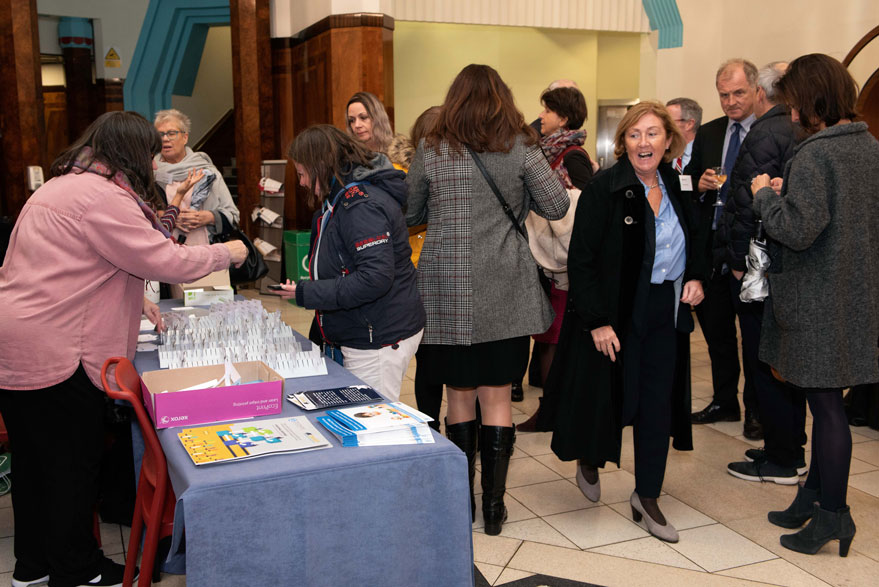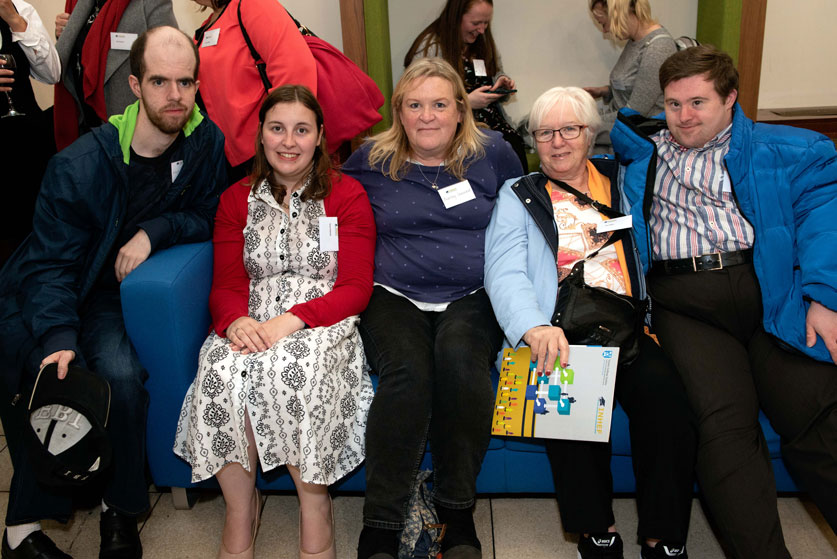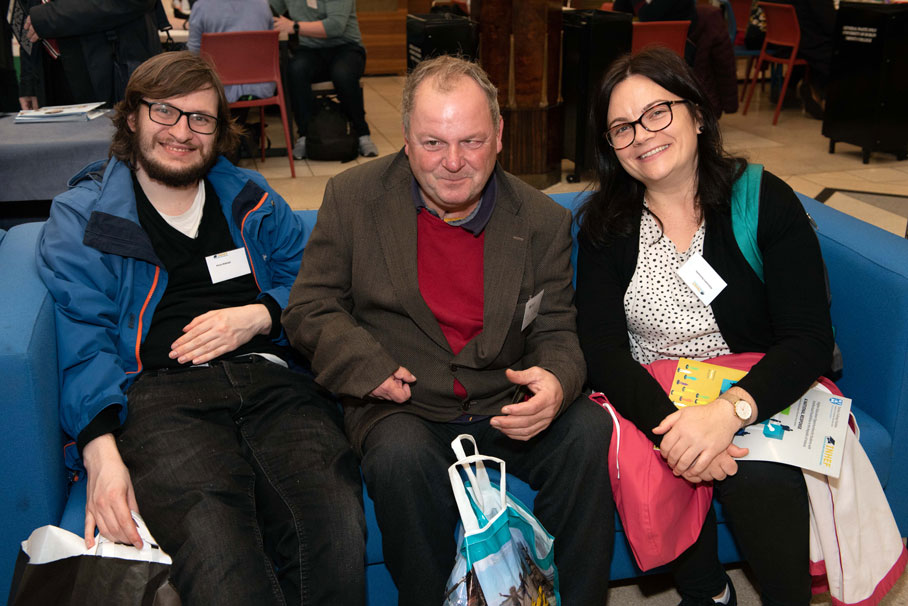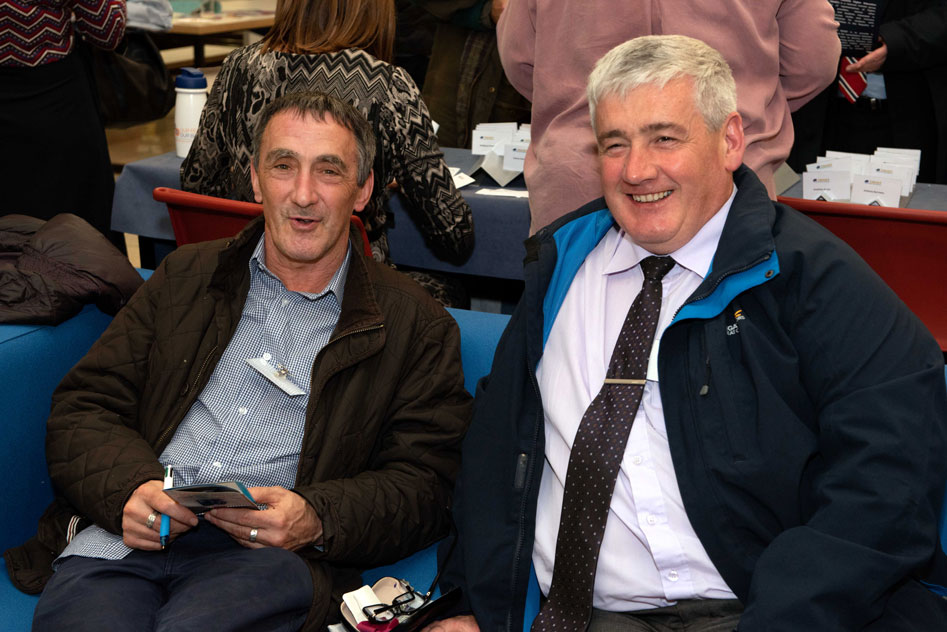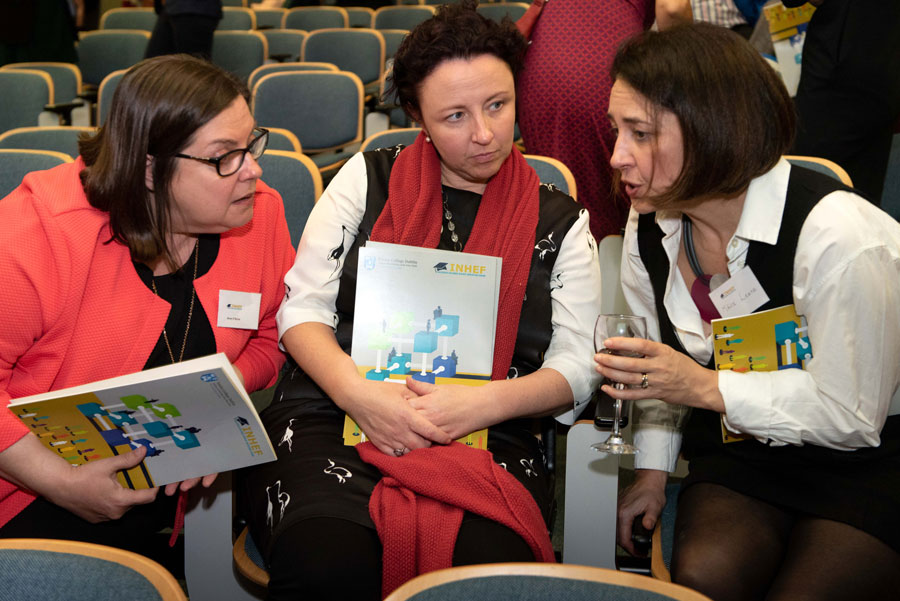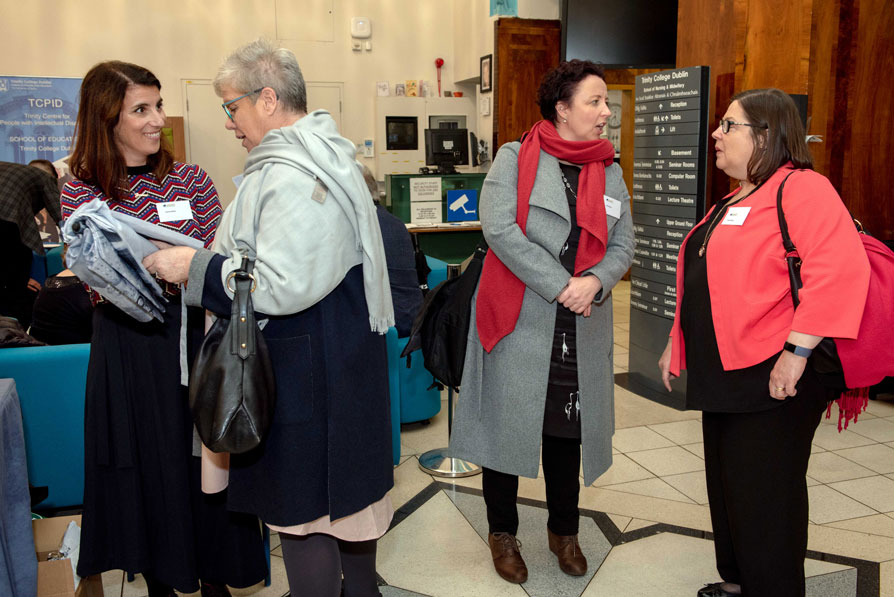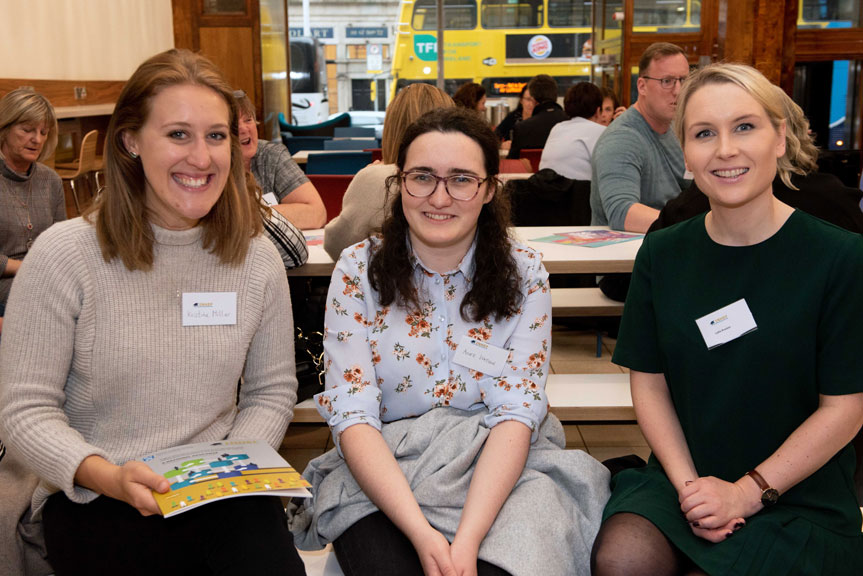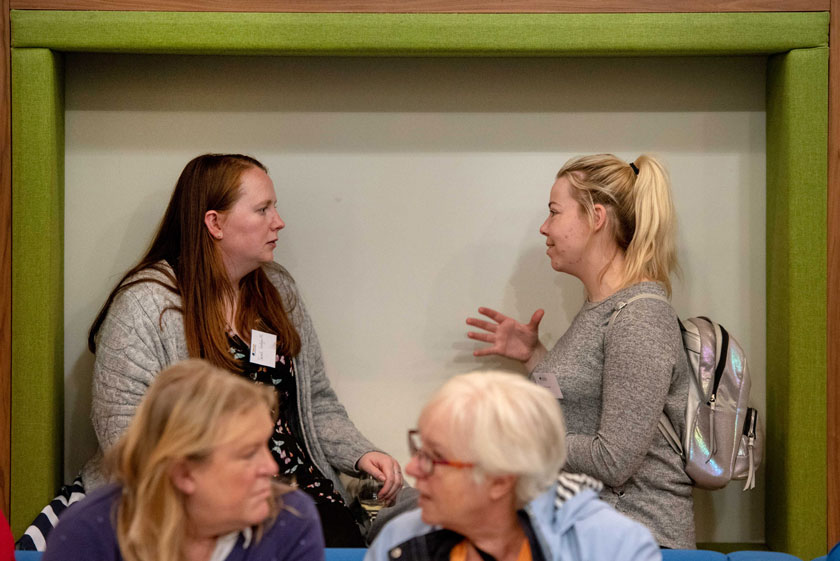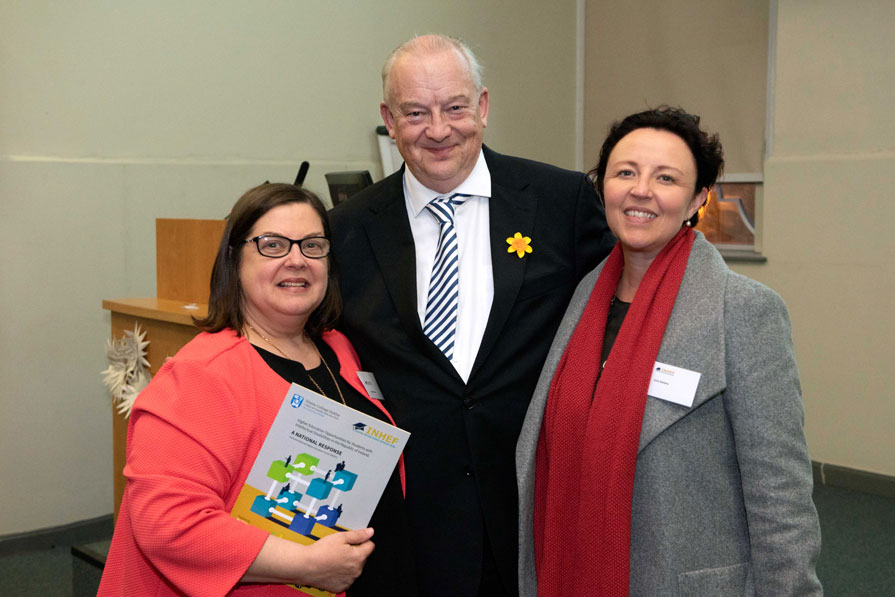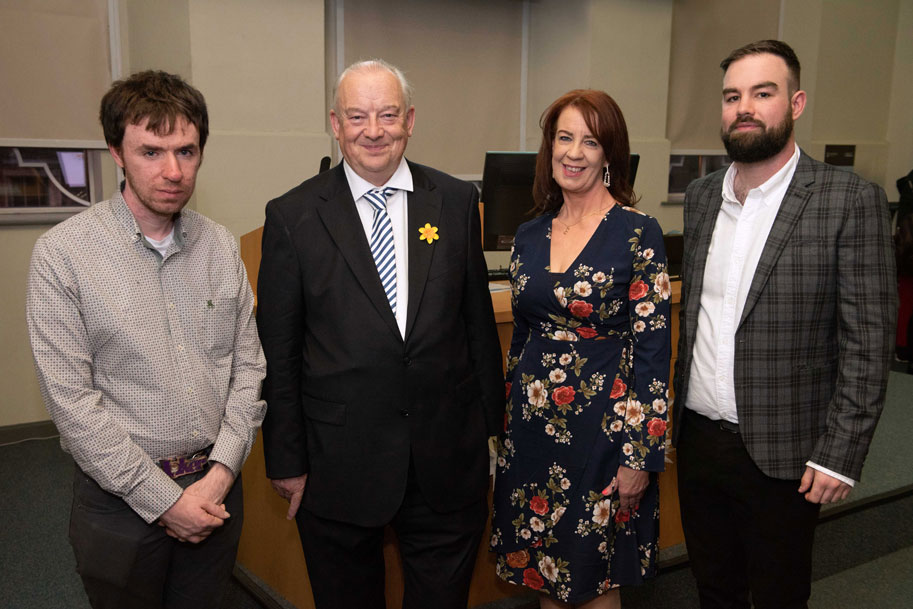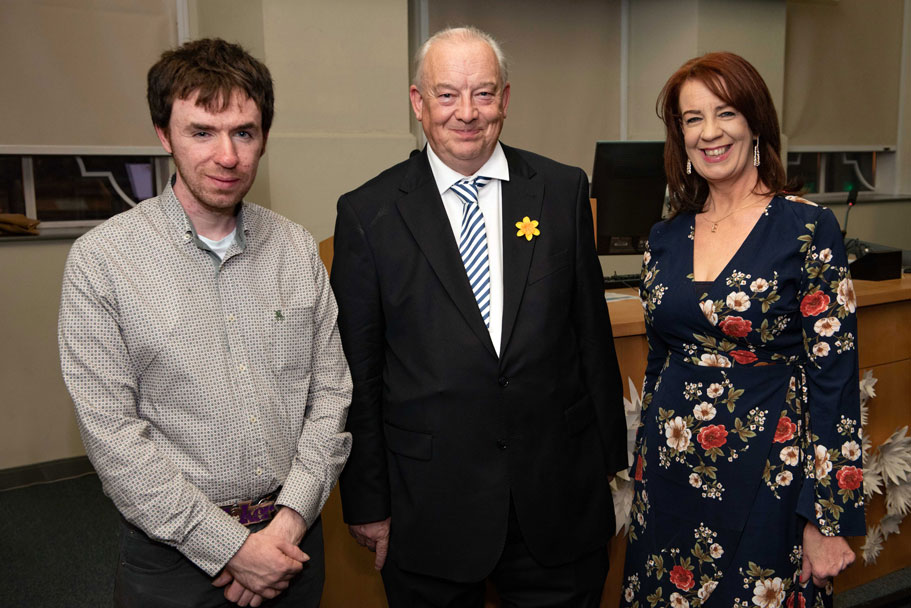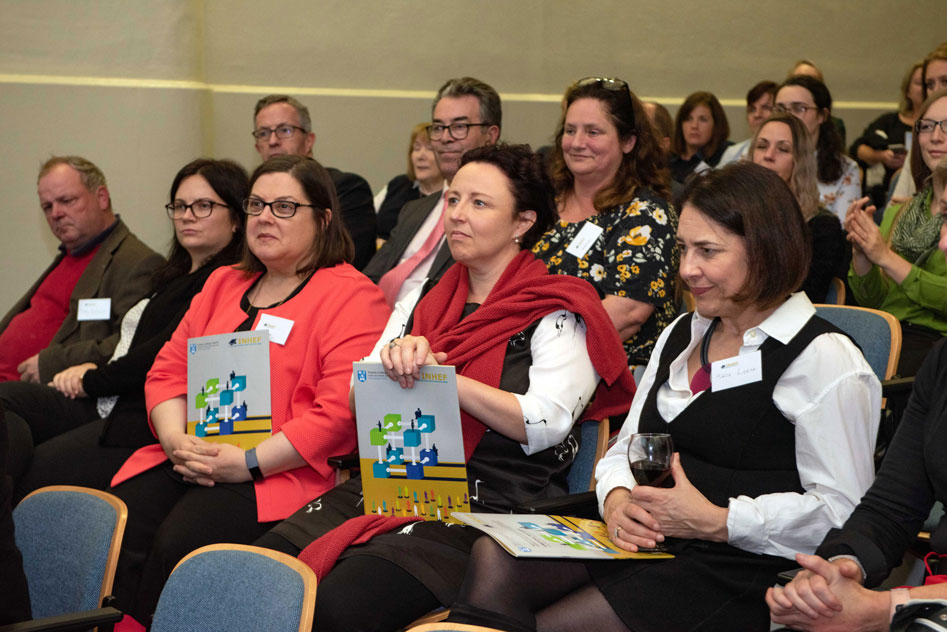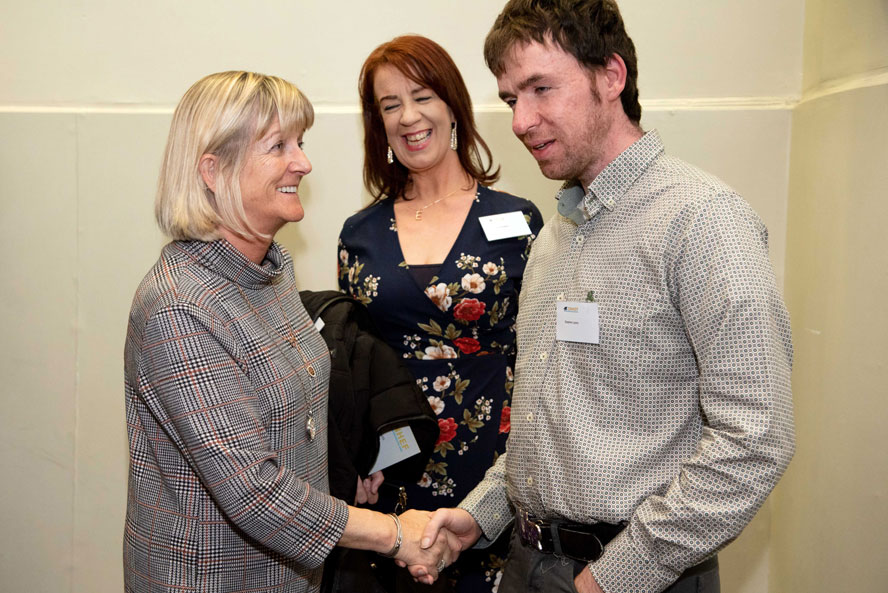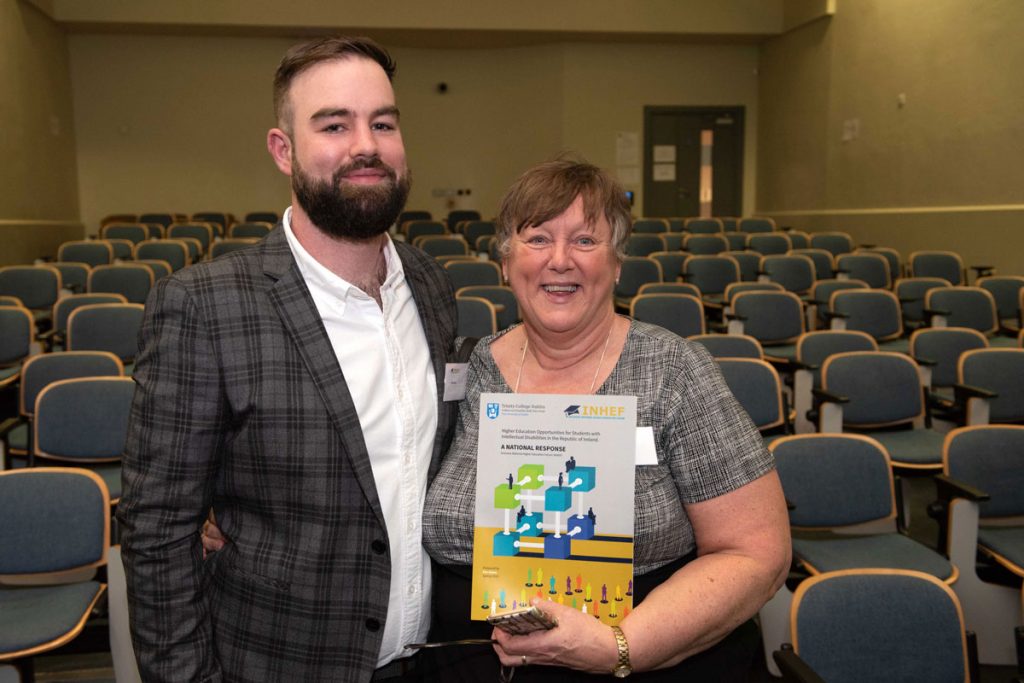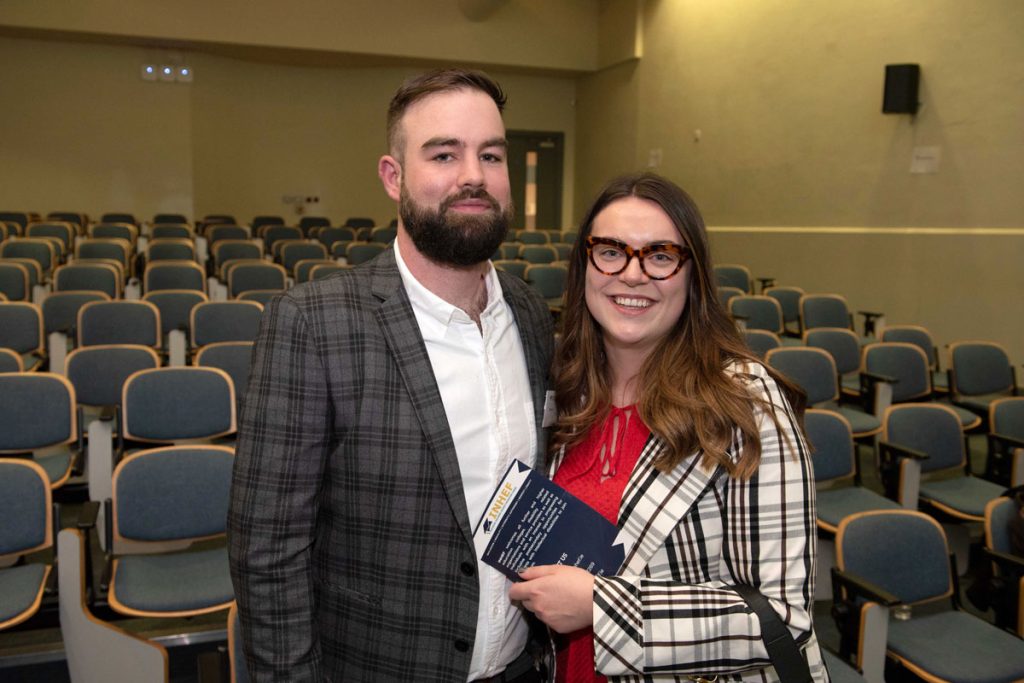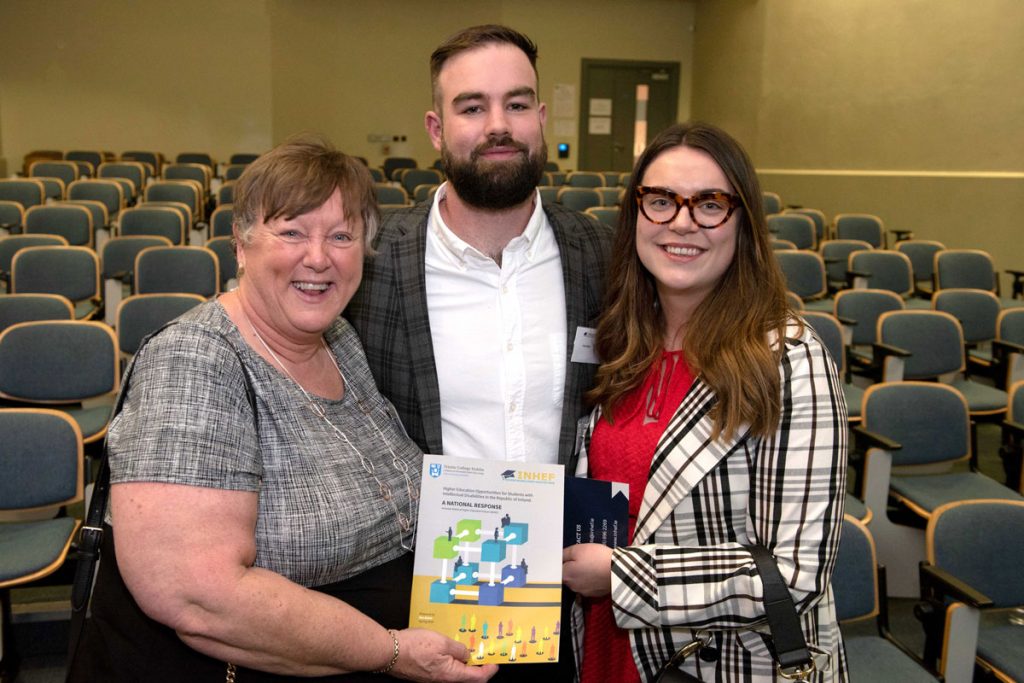![(Back row: left to right) Dr Deirdre Corby [DCU], Dr Carmel Toff Andersen [DCU], Ms Martina Neylon [LIT], Dr Máire Leane [UCC], Ms Edel Lynn [AIT], Dr Orla Slattery [MIC], Dr Sinéad Foran [WIT], Ms Gina Grant [Donegal ETB Board Member] (Front row: left to right) Trinity College Provost Patrick Prendergast, Minister Mary Mitchell O'Connor, Mr Stephen Lyons [Graduate TU Dublin], Mr Des Aston [TCD], Dr Anne O'Byrne [MIC], Prof. Michael Shevlin [TCD]. Steering Group INHEF](https://inhef.ie/wp-content/uploads/2019/10/Launch-of-INHEF-44.jpg)
(Back row: left to right) Dr Deirdre Corby [DCU], Dr Carmel Toff Andersen [DCU], Ms Martina Neylon [LIT], Dr Máire Leane [UCC], Ms Edel Lynn [AIT], Dr Orla Slattery [MIC], Dr Sinéad Foran [WIT], Ms Gina Grant [Donegal ETB Board Member]
(Front row: left to right) Trinity College Provost Patrick Prendergast, Minister Mary Mitchell O’Connor, Mr Stephen Lyons [Graduate TU Dublin], Mr Des Aston [TCD], Dr Anne O’Byrne [MIC], Prof. Michael Shevlin [TCD]
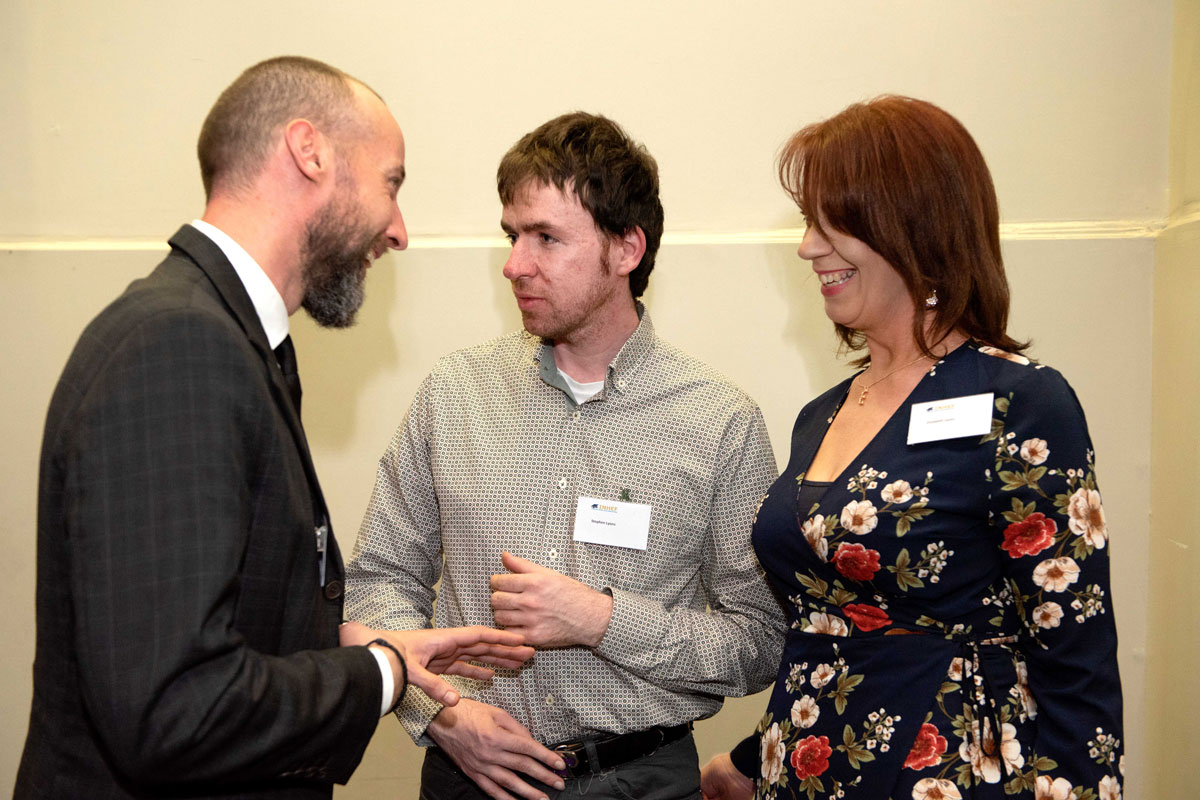
(Left to right) Mr Ciaran Bulman, Mr Stephen Lyons, Ms Elizabeth Lyons.
The Inclusive National Higher Education Forum [INHEF] was launched in Trinity College Dublin on Thursday, 10th October 2019. INHEF is Ireland’s first national forum dedicated to fostering a culture of inclusion amongst inclusive higher education providers by the development of post-secondary opportunities for students with intellectual disabilities.
A report, titled ‘Higher Education Opportunities for Students with Intellectual Disabilities in the Republic of Ireland – A National Response’, was co-launched by the Minister of State for Higher Education, Mary Mitchell O’Connor, alongside graduating digital media student from TU Dublin, Tallaght, Mr Stephen Lyons.
The INHEF notes that people with intellectual disabilities have been largely absent from higher education in Ireland, despite increasing numbers now attending mainstream secondary schools, which they argue has led to higher levels of underemployment and unemployment among this group.
In 2014 there were 16 such courses, running in 16 colleges throughout the country. However, by 2019 that number had fallen to just 10 inclusive education initiatives, catering for 106 students in total.
The report highlights a lack of funding for resources that support people with intellectual disabilities in accessing higher education. Transition pathways to post-secondary provision for these students are often ad-hoc and making the progression to post-school educational provision relies heavily on the capacity of families.
The report calls for a national response to support people with intellectual disabilities transitioning from secondary education into further and higher education or employment.
At the launch Minister Mitchell O’Connor stated: “The ten higher education institutions offering special options for people with intellectual disabilities are enriching the lives and prospects of students and their families. I look forward to future engagement with the Inclusive National Higher Education Forum on the report and its findings. I am very pleased that there has already been constructive discussions with officials from my Department and SOLAS.”
“For far too long, people with intellectual disabilities have been excluded from the same opportunities as their peers. We now have evidence they want to avail of the educational and employment opportunities that will enable them to lead independent lives” said Mr Des Aston, Chair of the Inclusive National Higher Education Forum and National and Schools Coordinator at Trinity Centre for People with Intellectual Disabilities. He added, “Already, across Ireland, we have exemplars of how higher education can engage in enabling people with intellectual disabilities to achieve their lifelong goals.”
Mr Stephen Lyons who has recently achieved a level 8 minor award in digital media from TU Dublin, Tallaght spoke about his experience of going to college “I couldn’t get a job, all doors were closed, until I got through the door of college”. Mr Lyons spoke passionately encouraging other students with intellectual disabilities to advocate for the same opportunities as their peers. “You’re on your own journey but you have to go a bit of a distance, everybody is equal!”.
The vision of INHEF is to embed inclusive education initiatives and alternative access routes into the higher education landscape in the Republic of Ireland so that students with intellectual disabilities have meaningful post-secondary educational opportunities available to them. The INHEF are calling for partners in Government, higher and further education, and the employers’ community to help to achieve their goals.
INHEF have launched a new website which includes essential information on all 10 inclusive education initiatives that are accessible for students with intellectual disabilities across Ireland.
Contact details for INHEF are in the Contact Page of this website.

